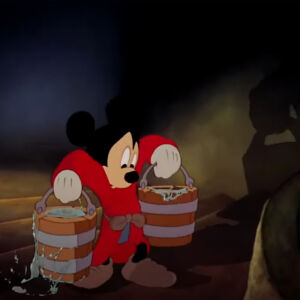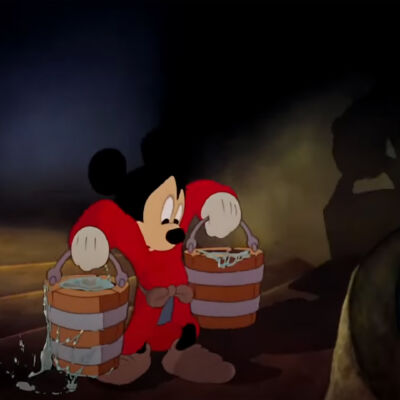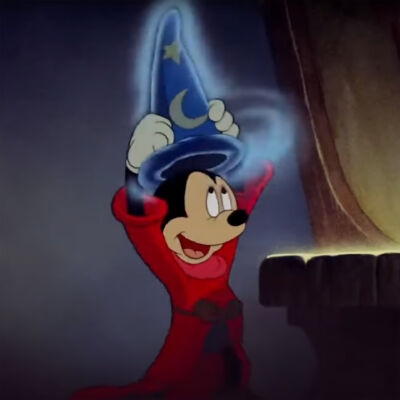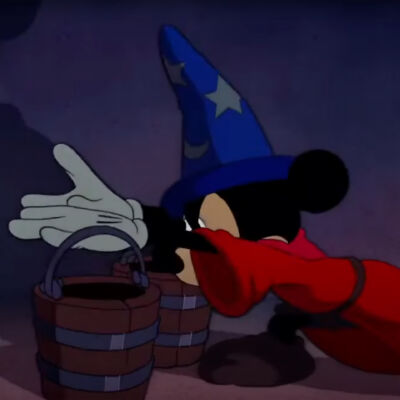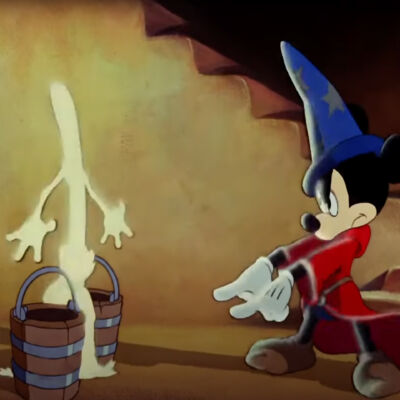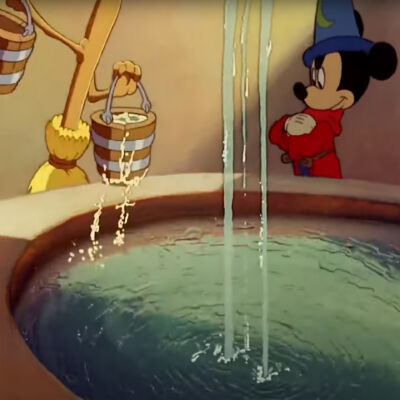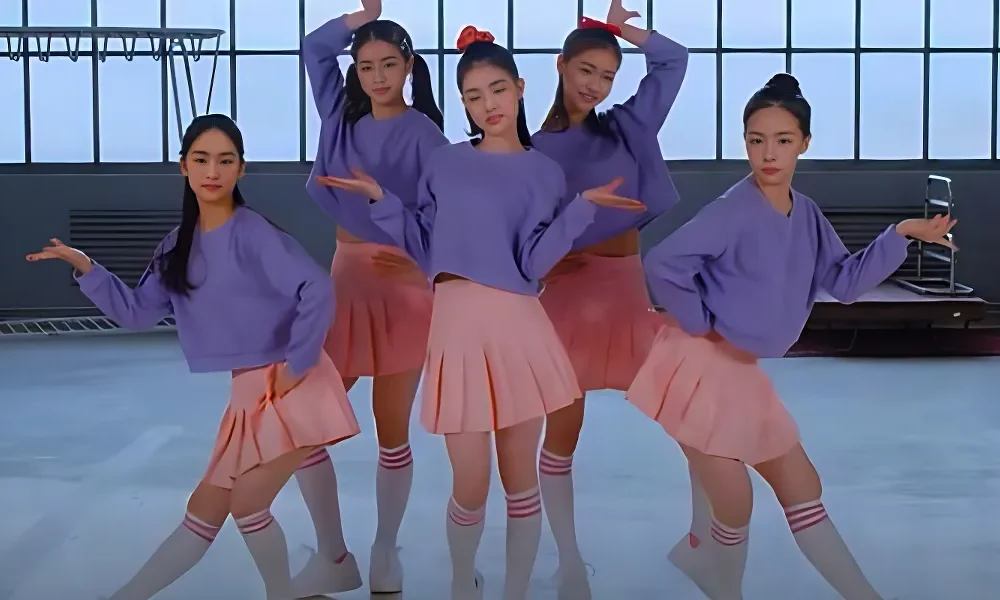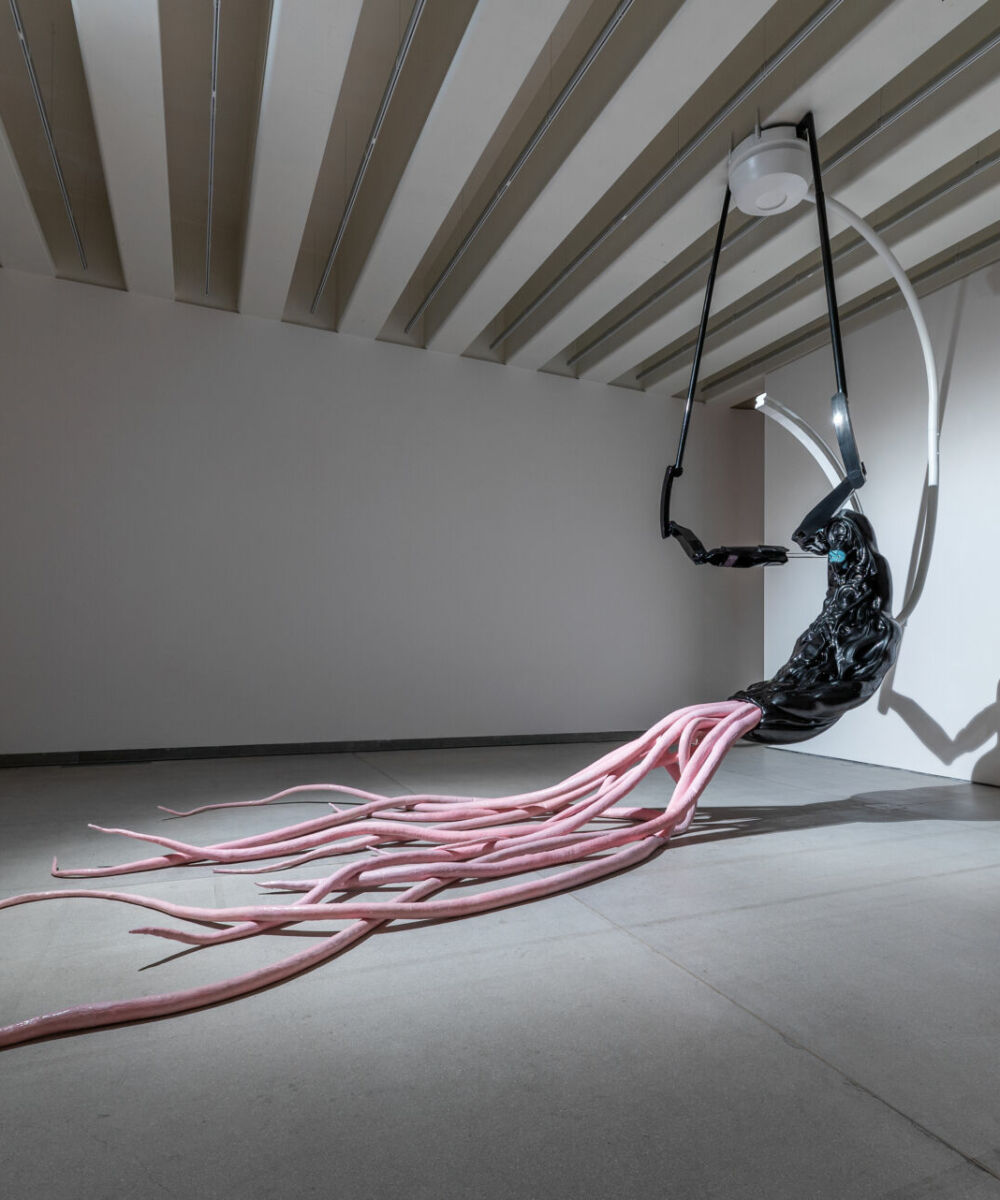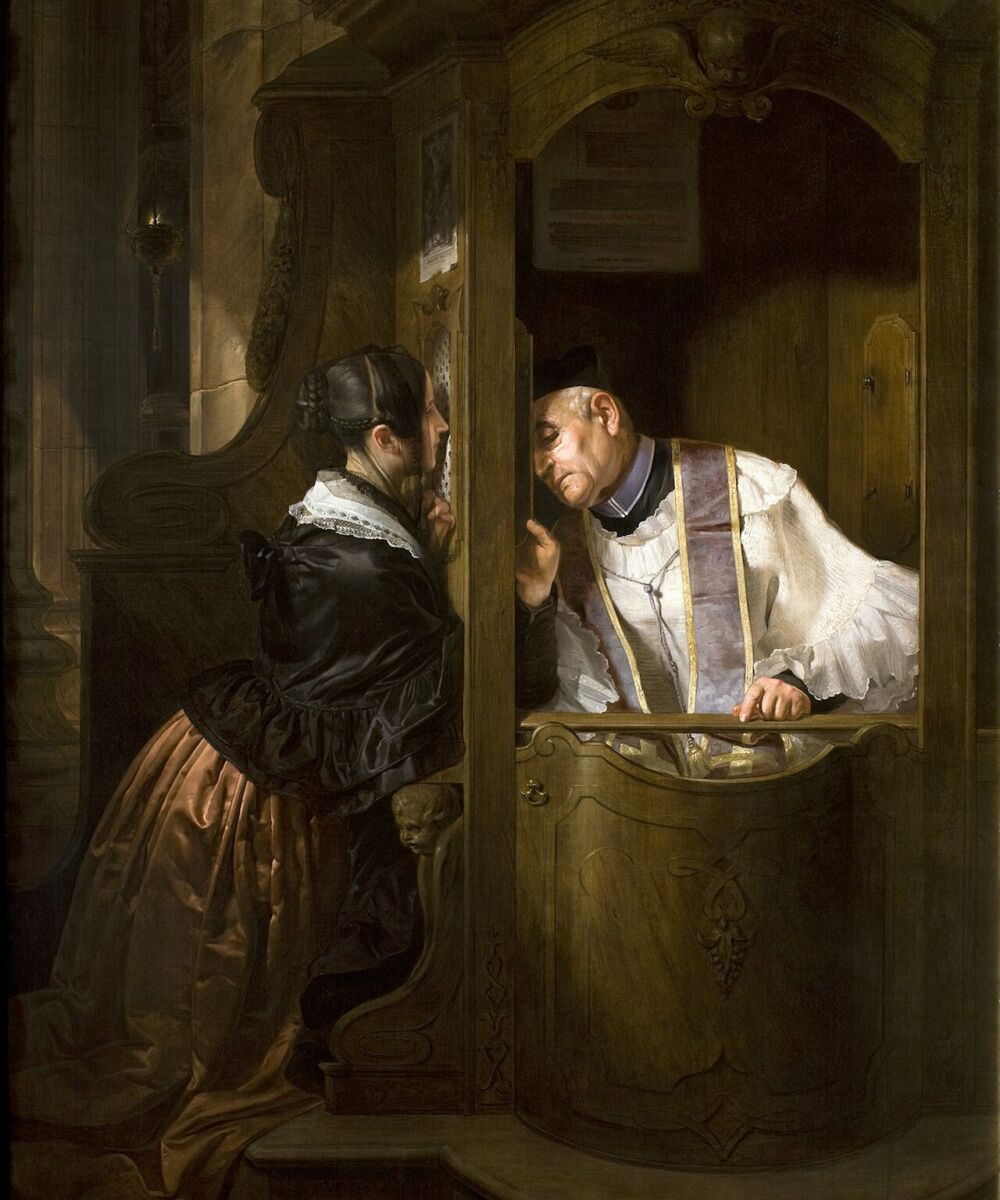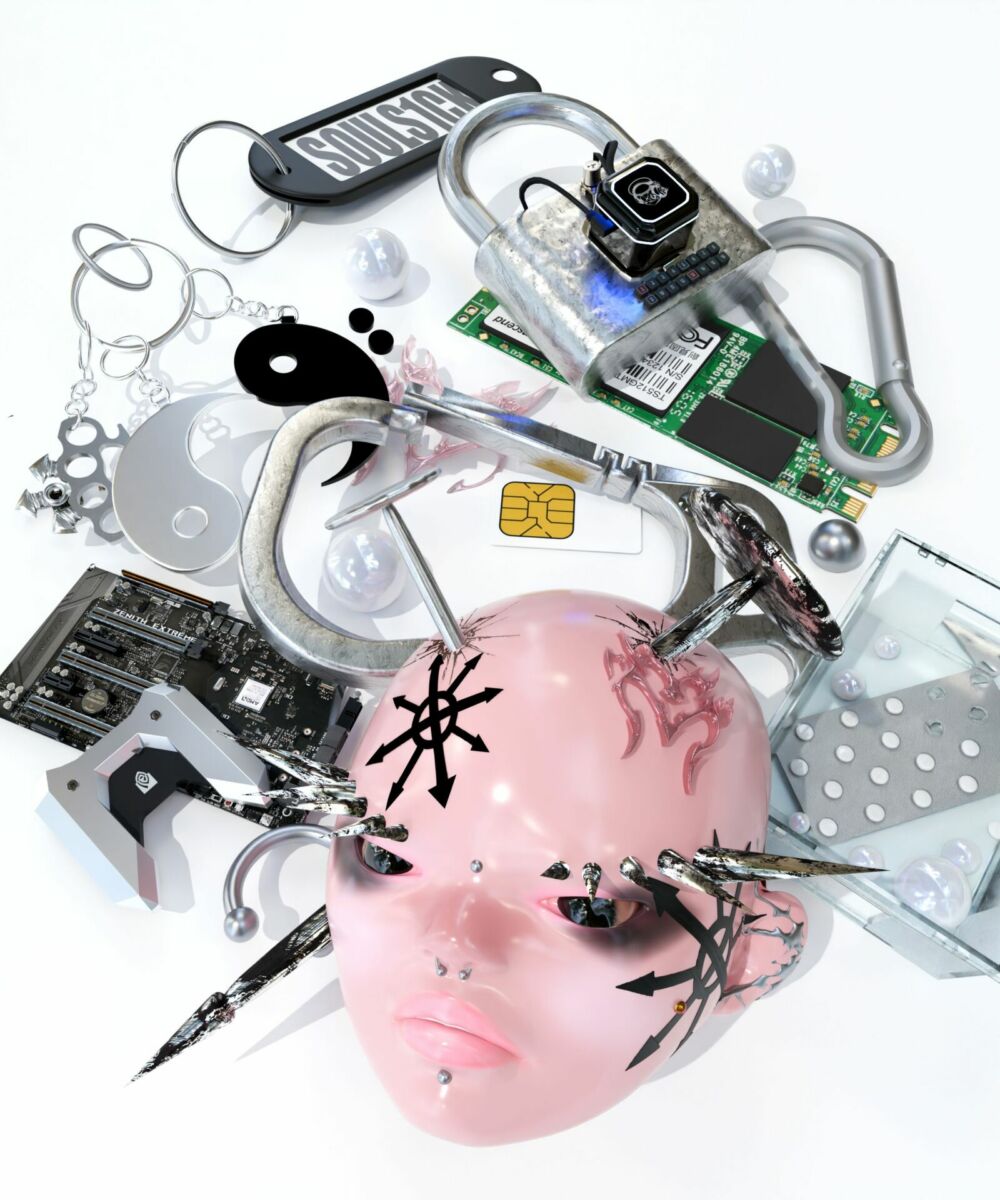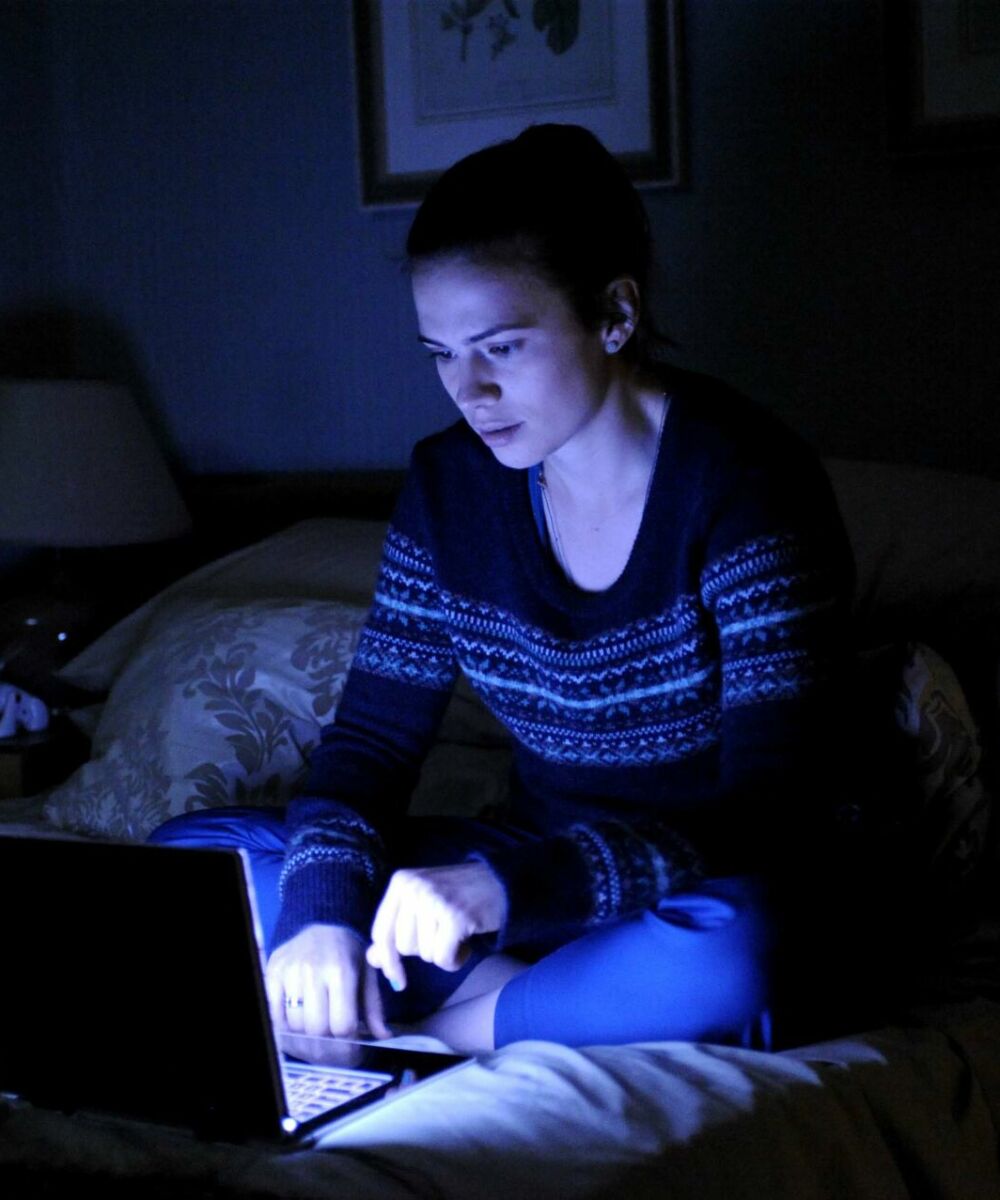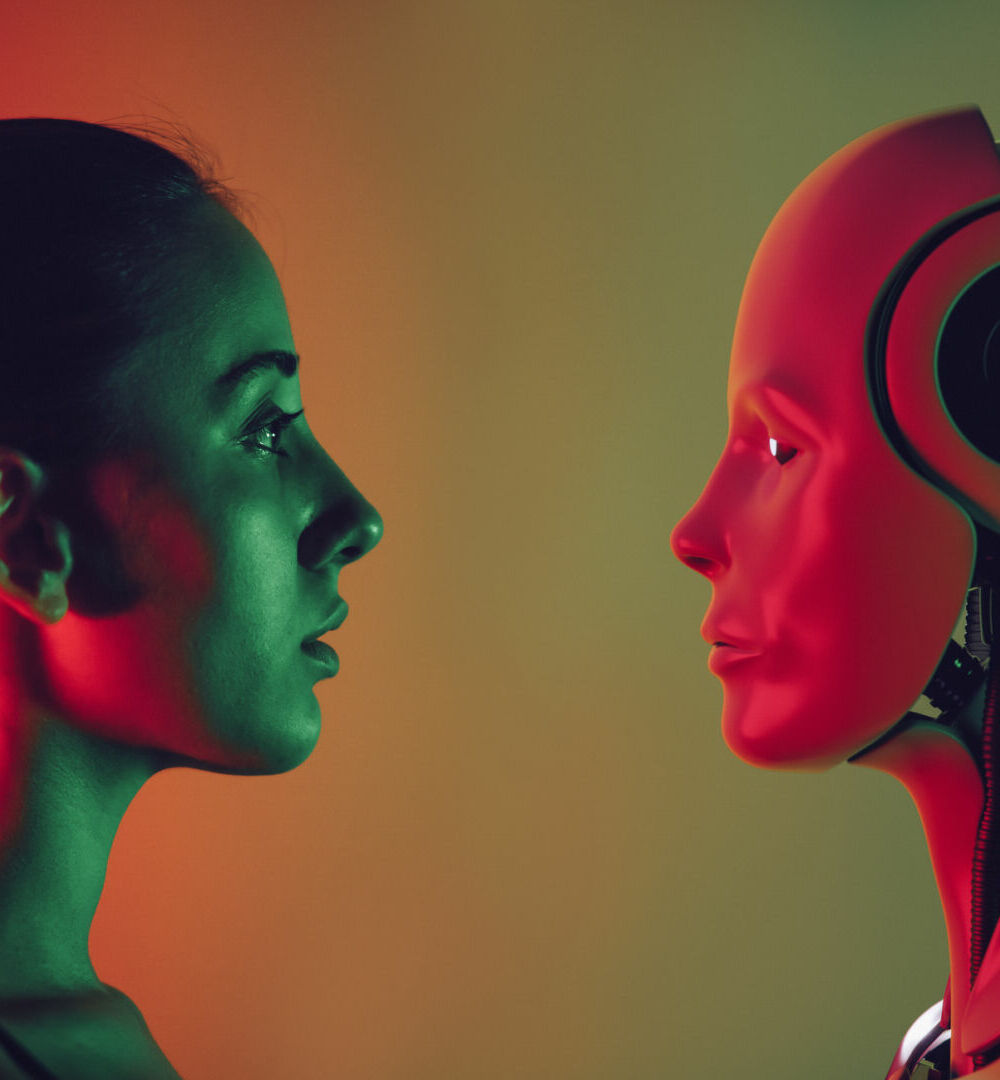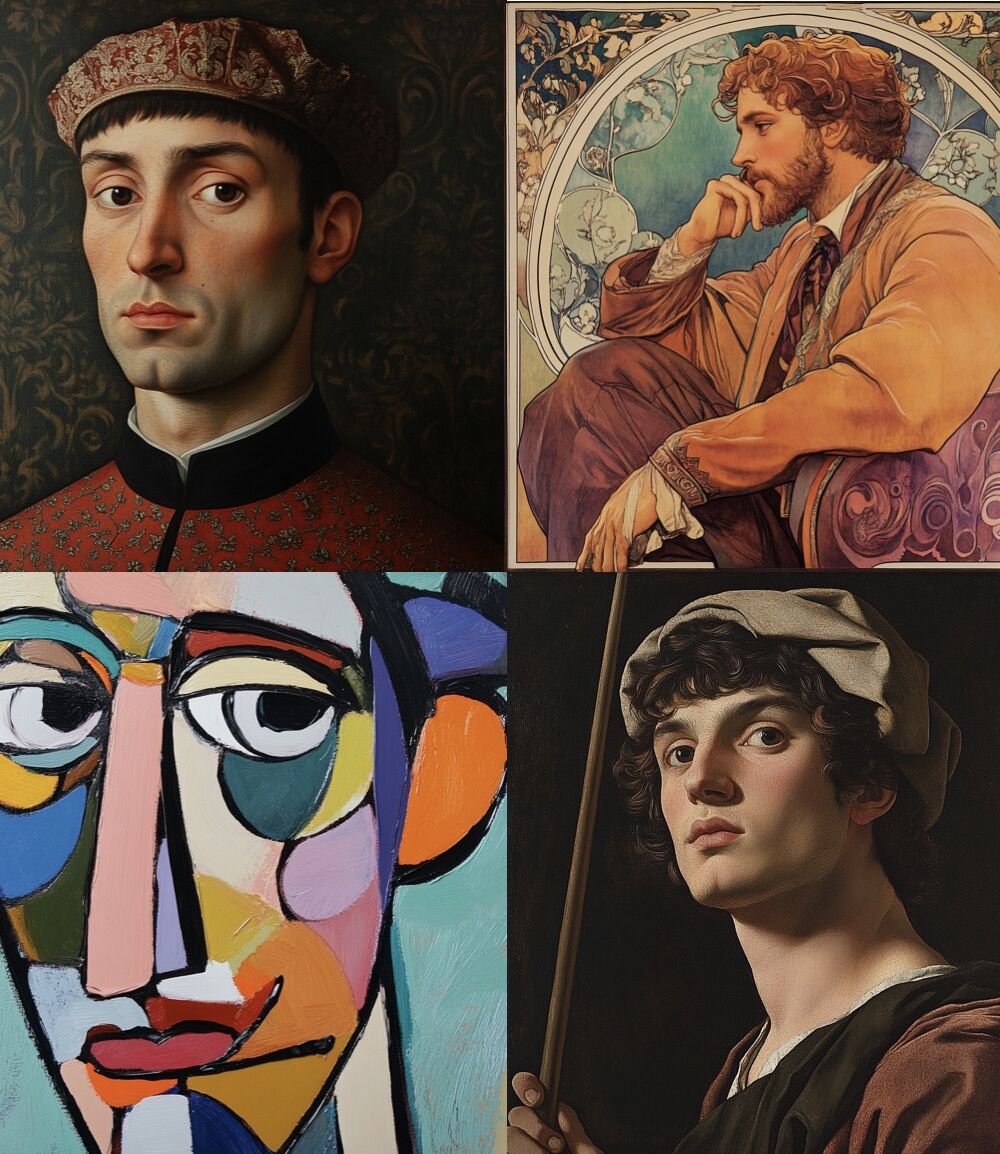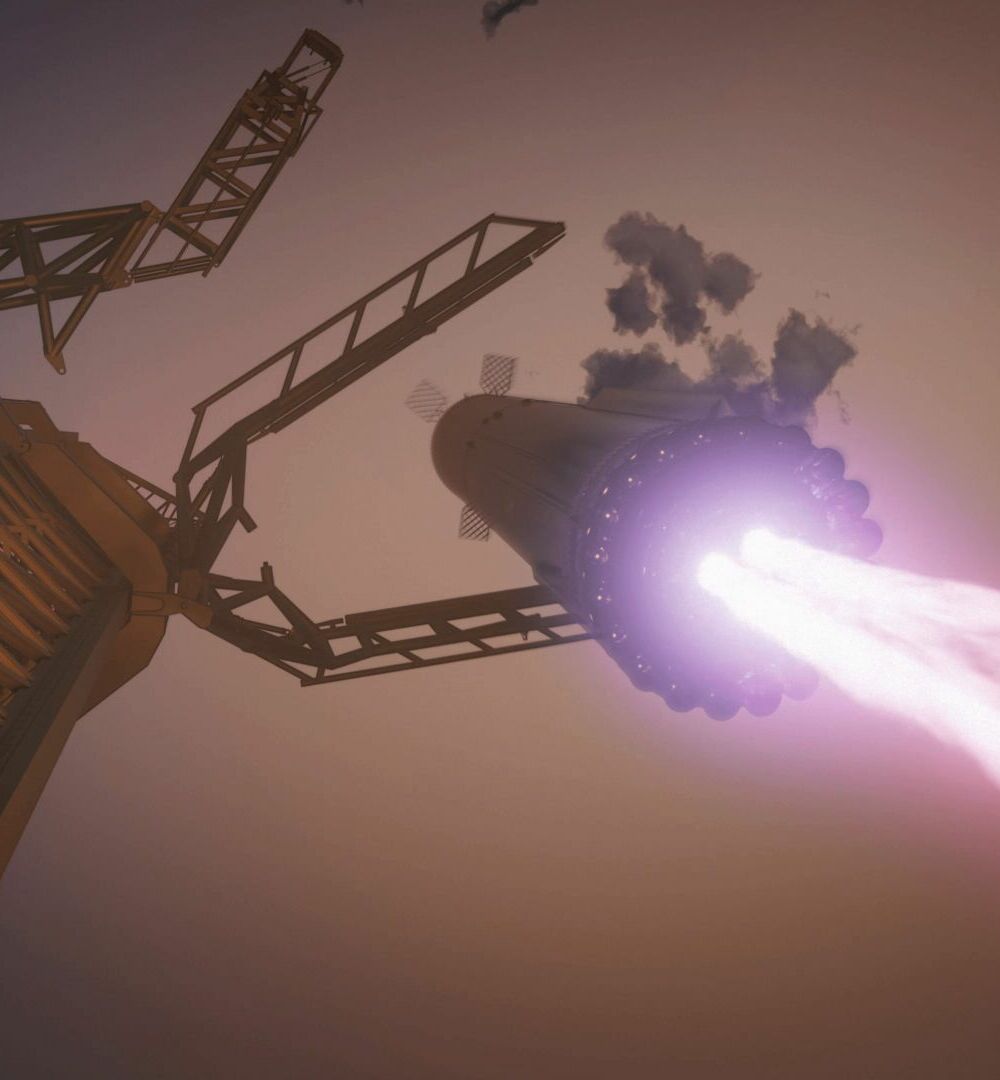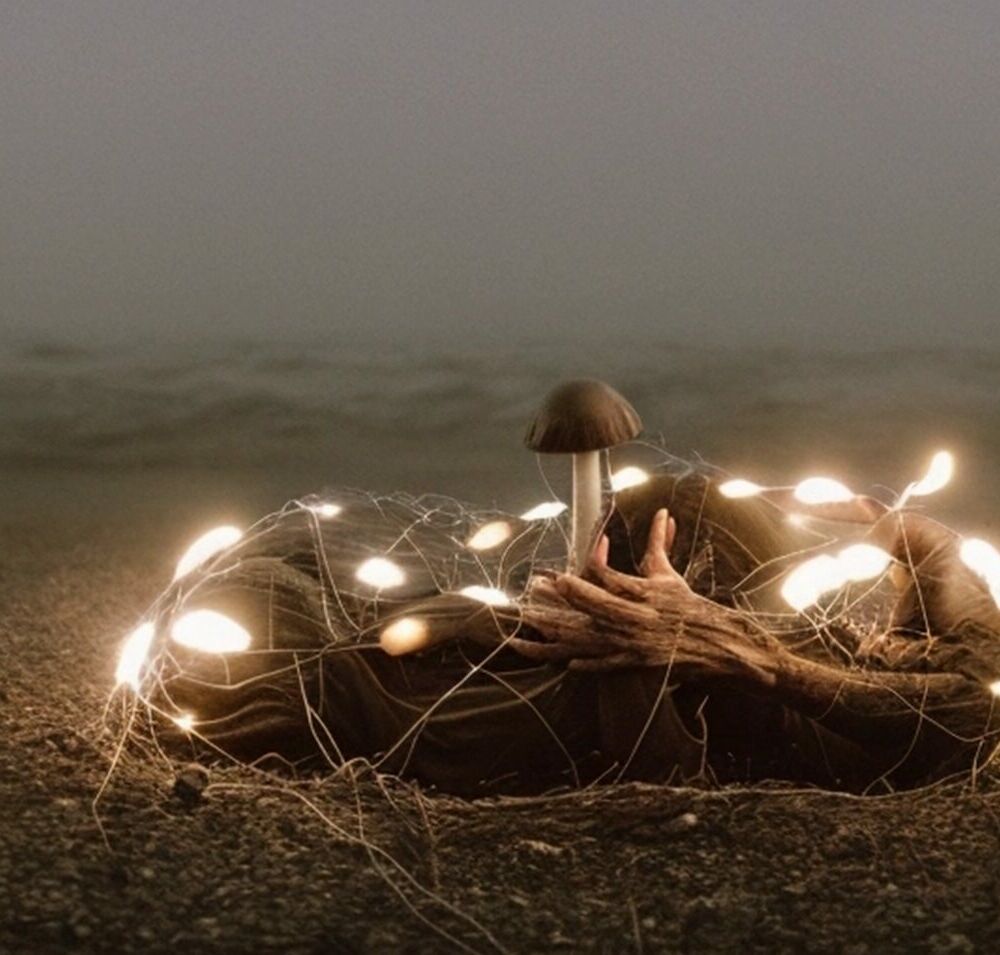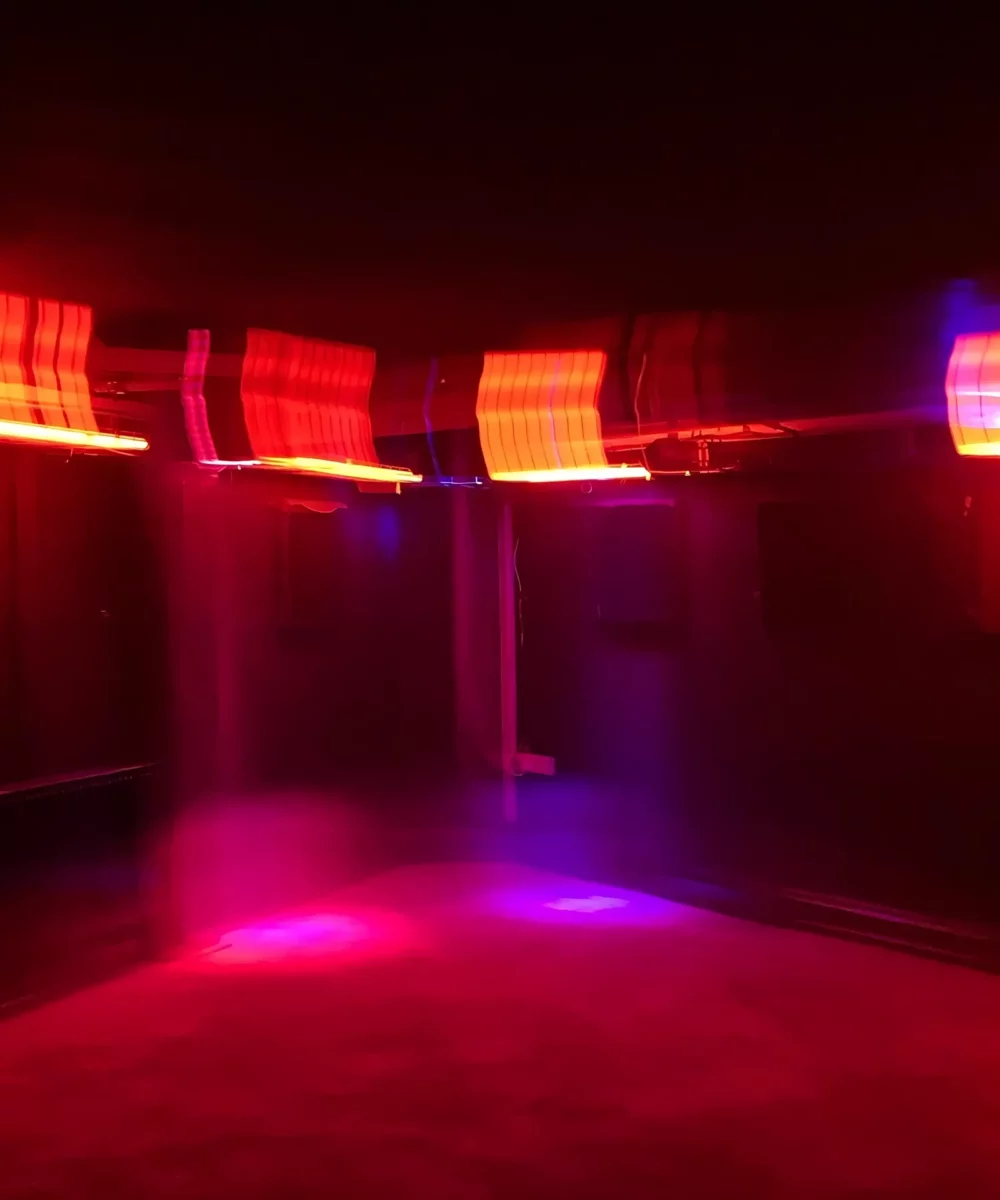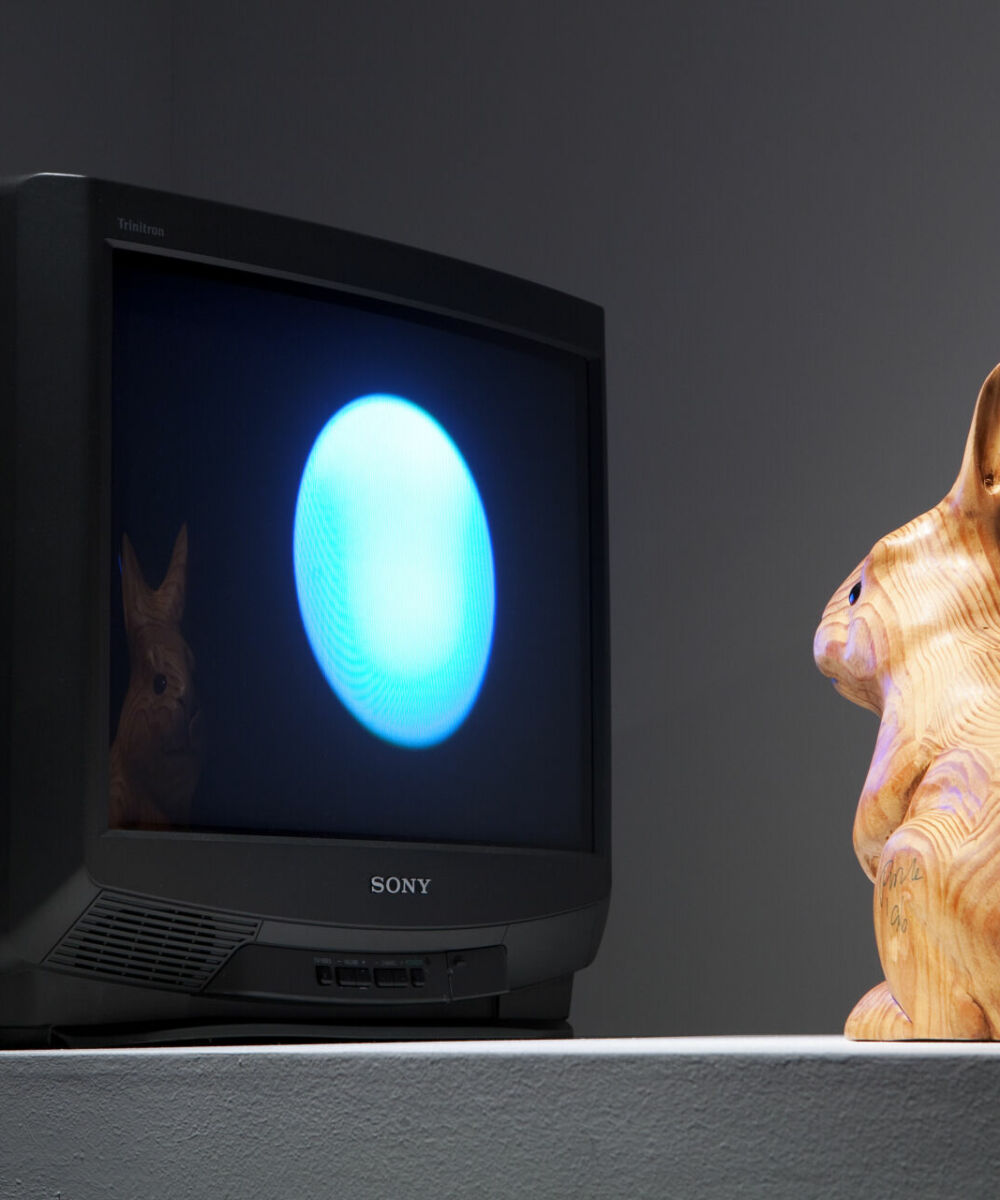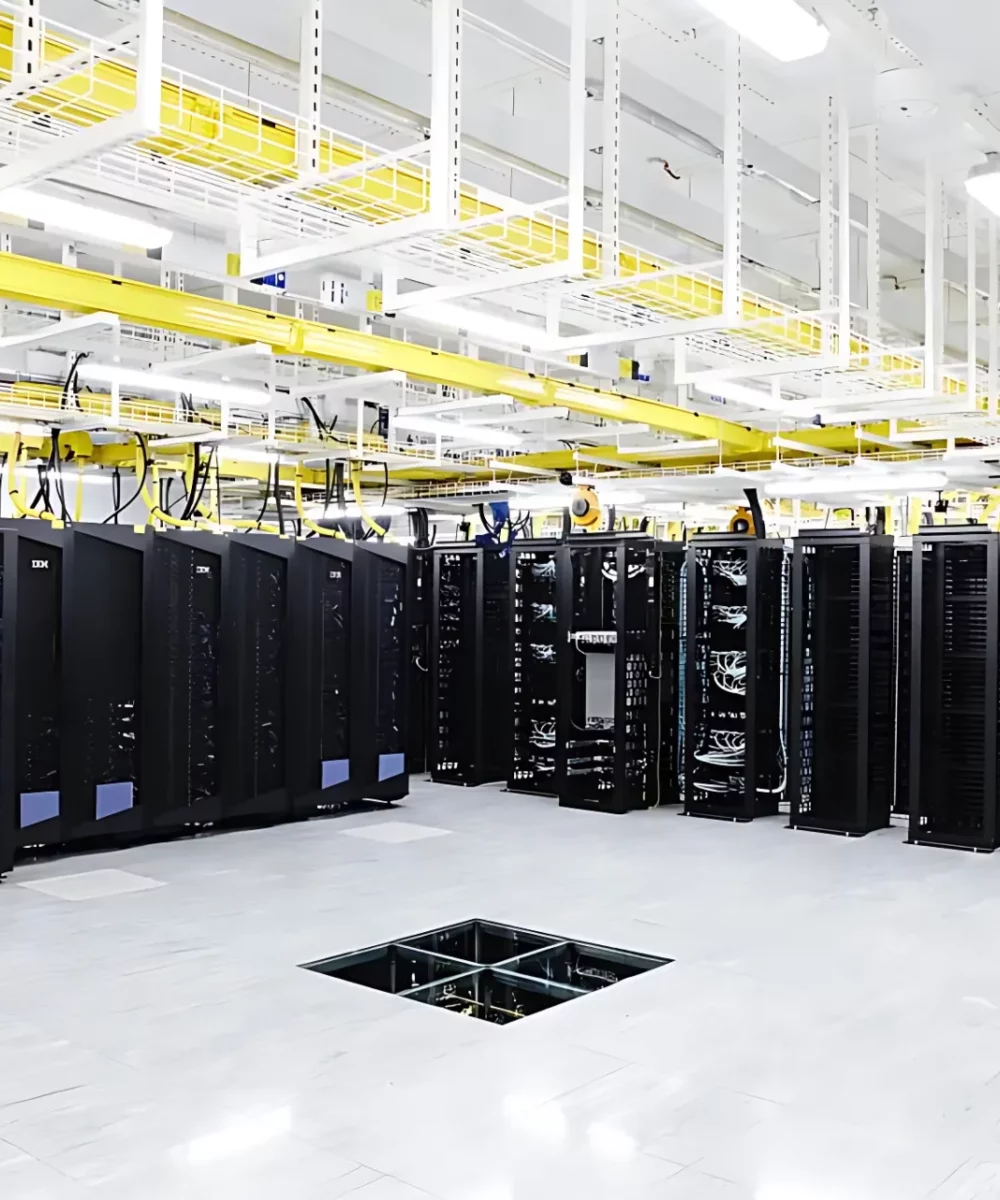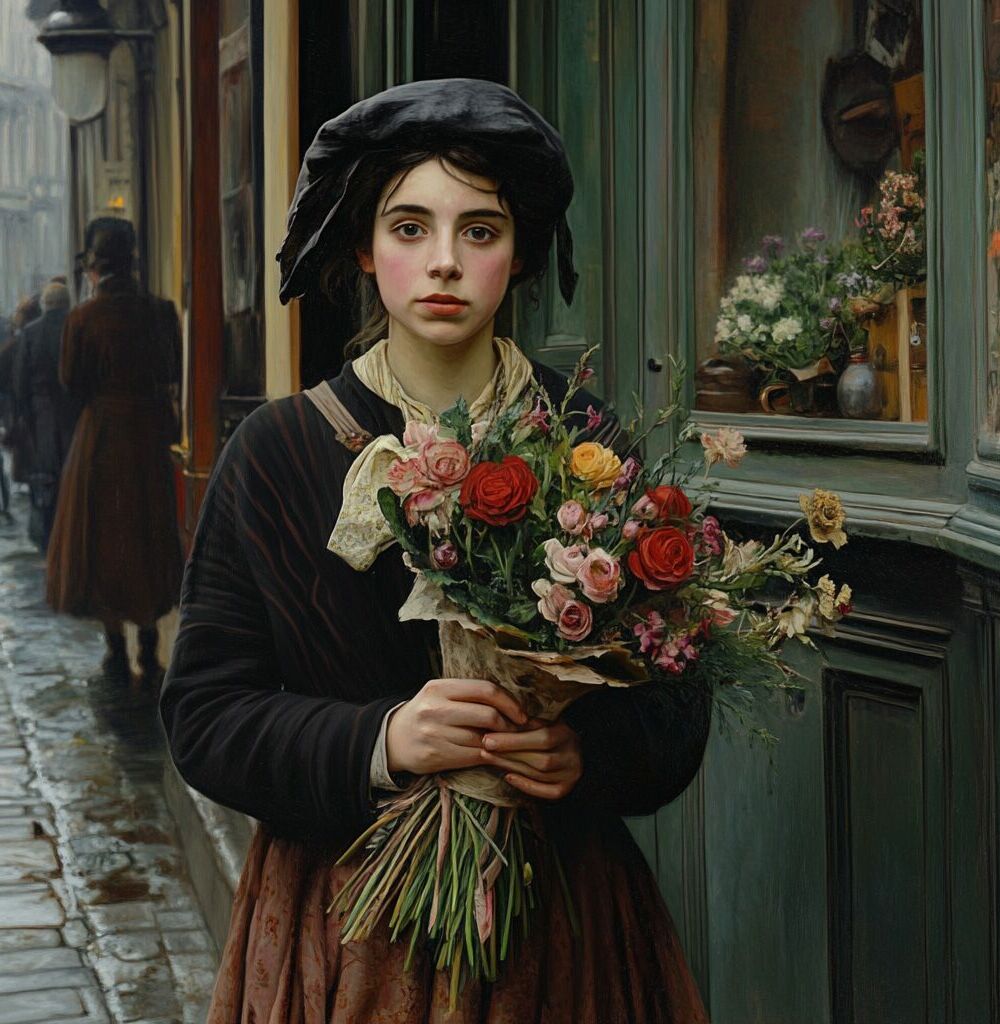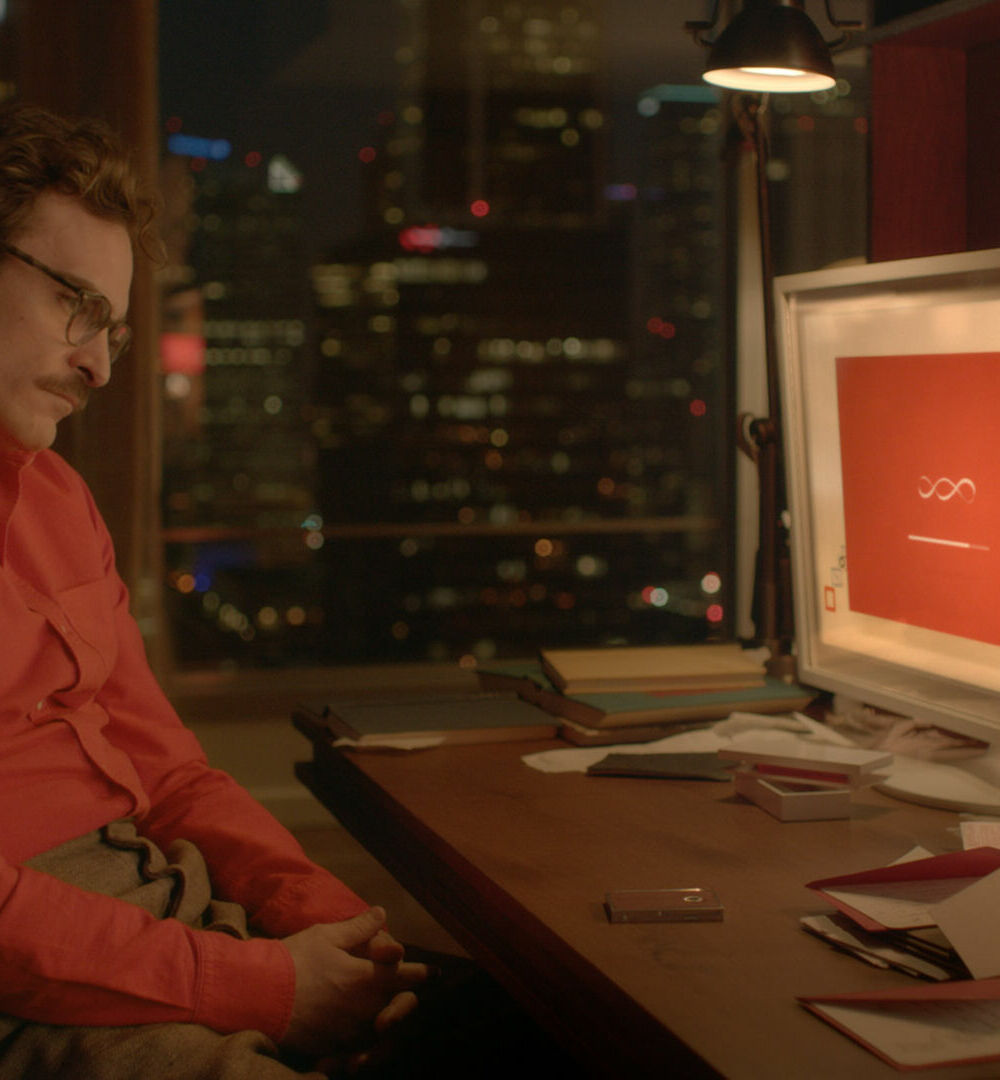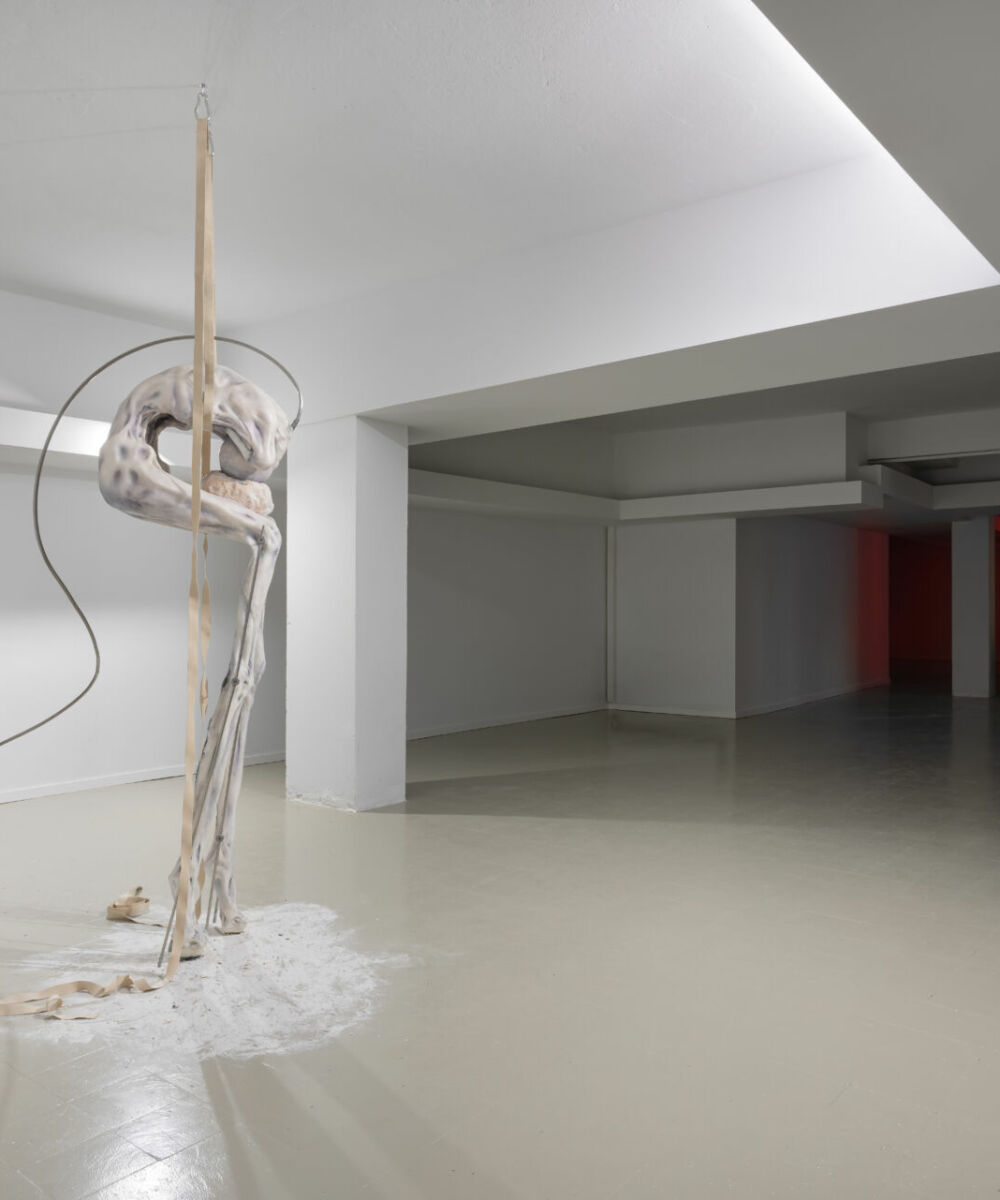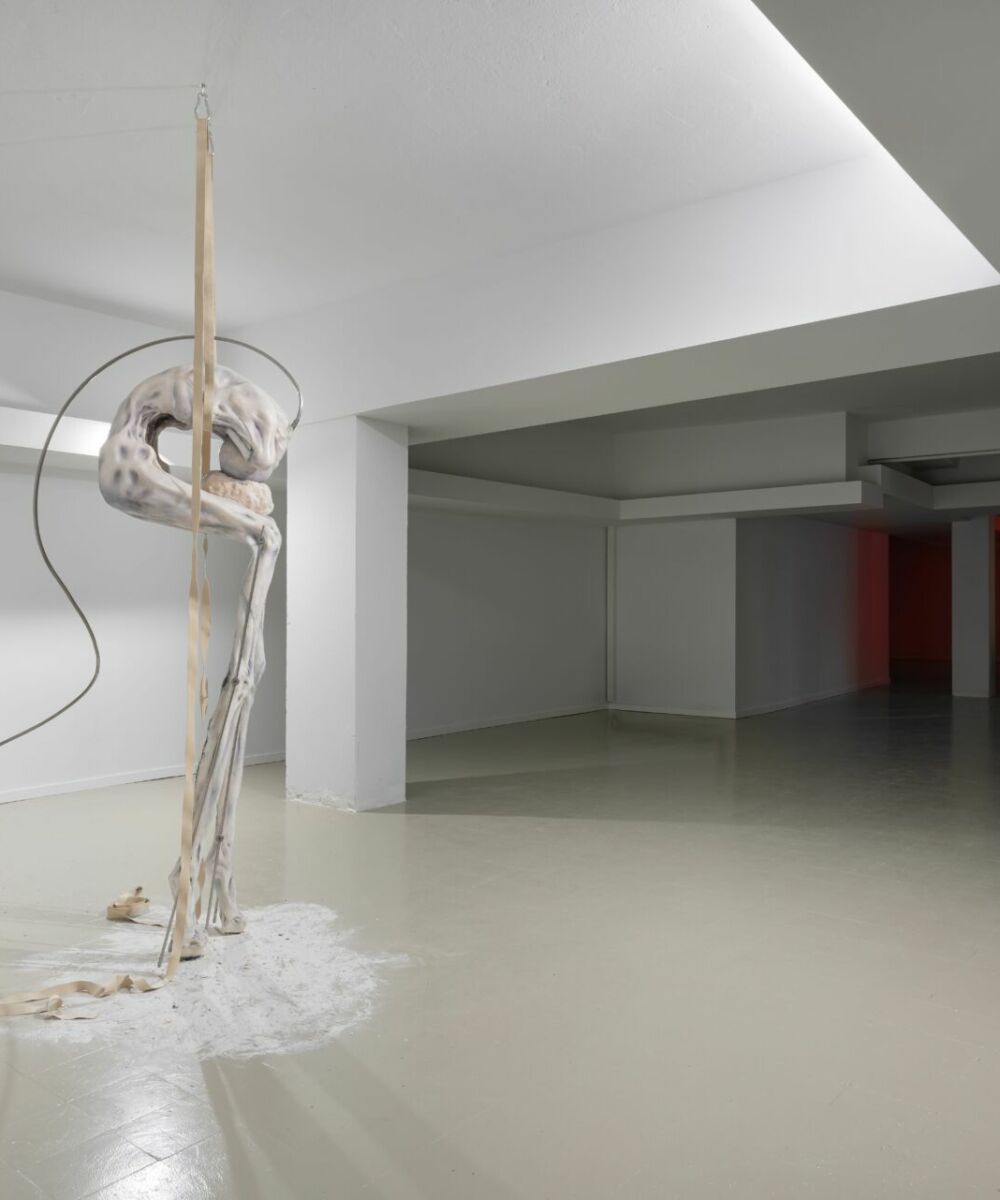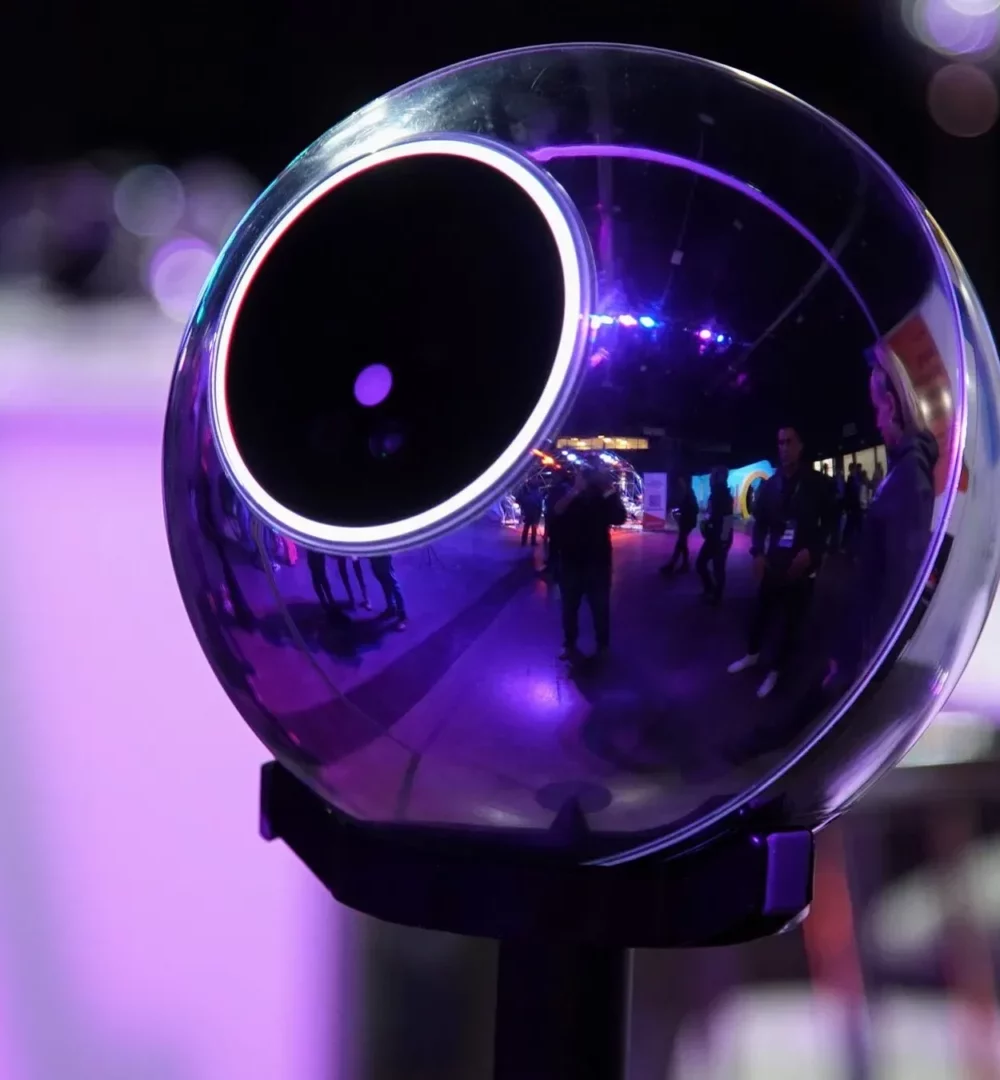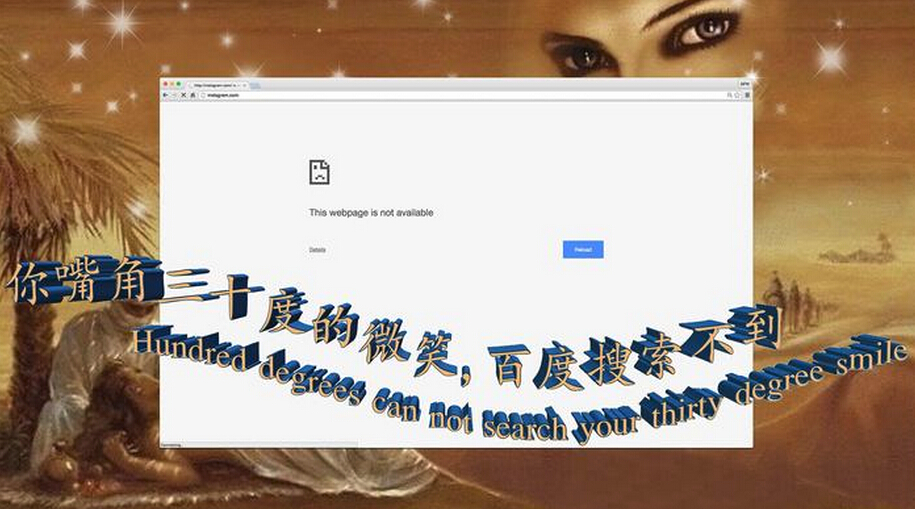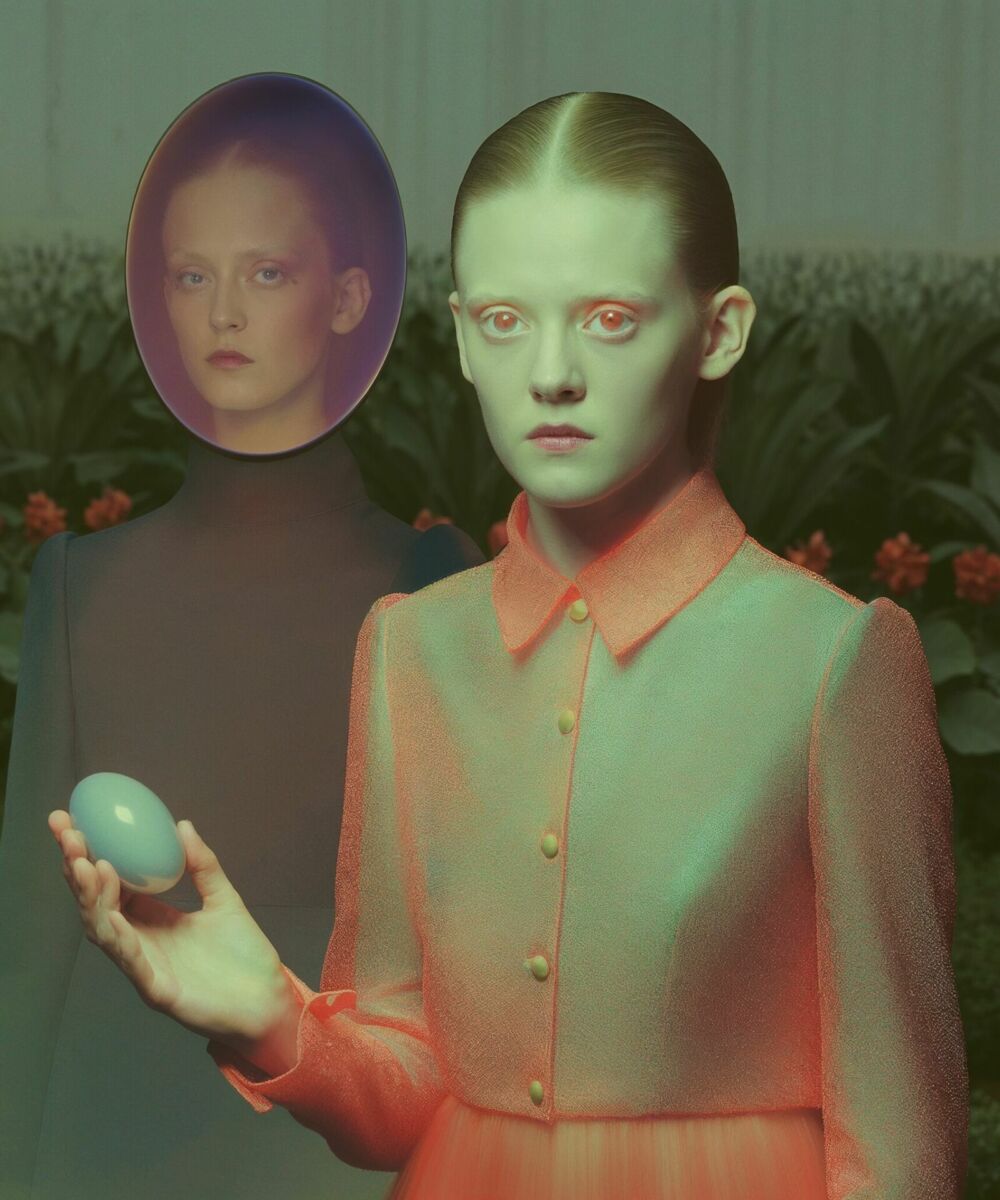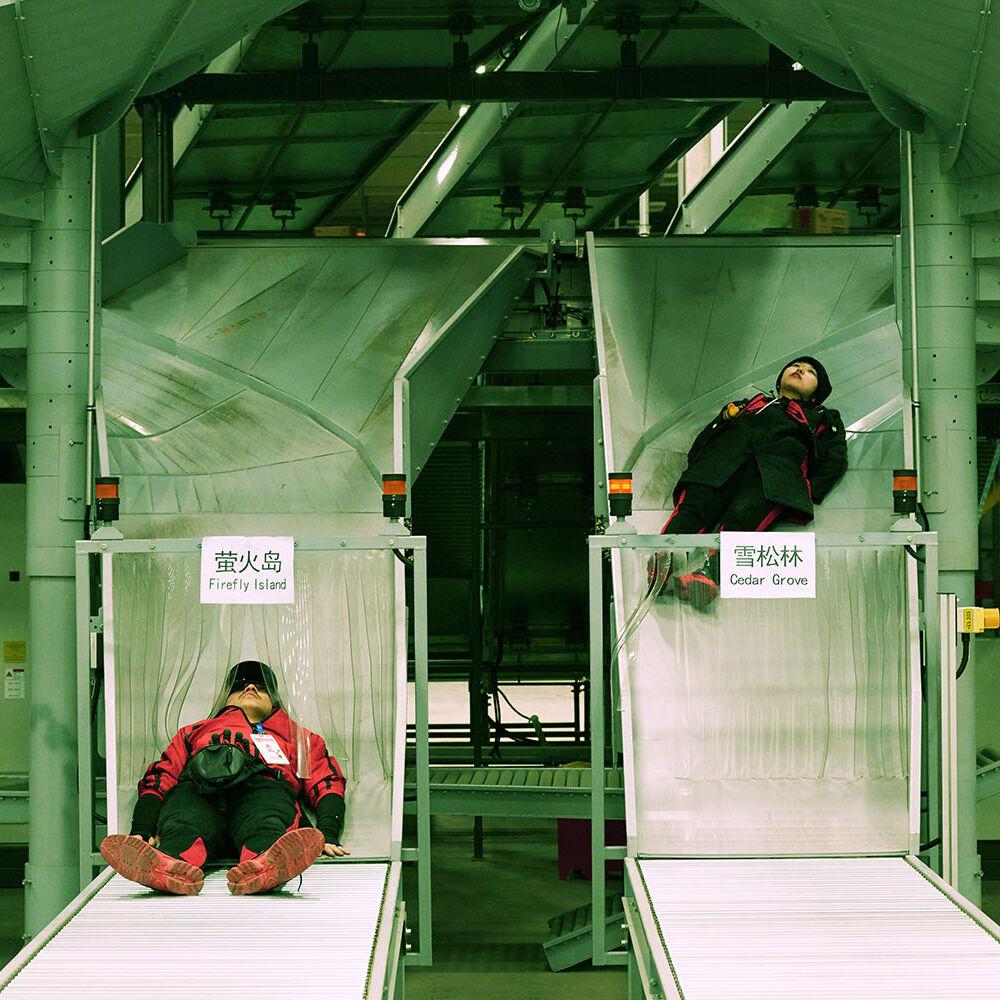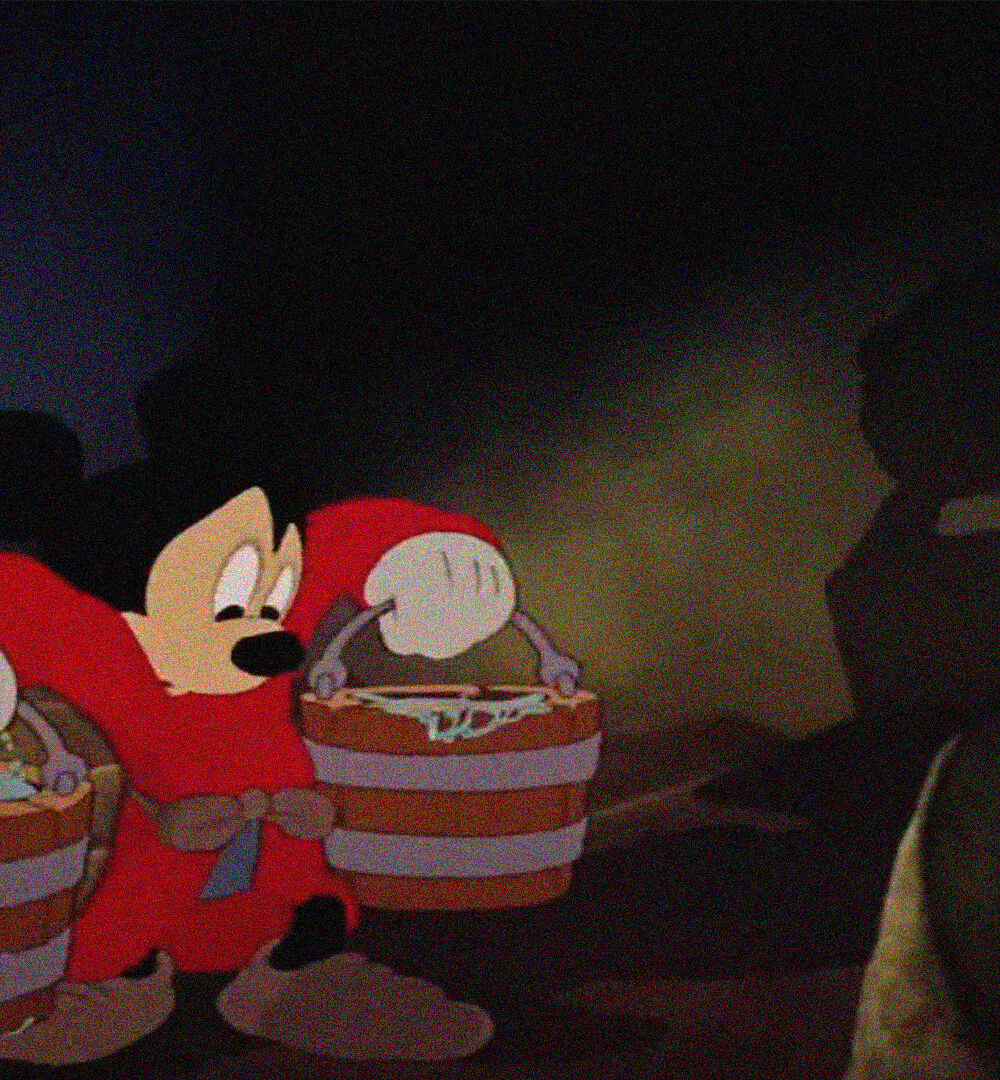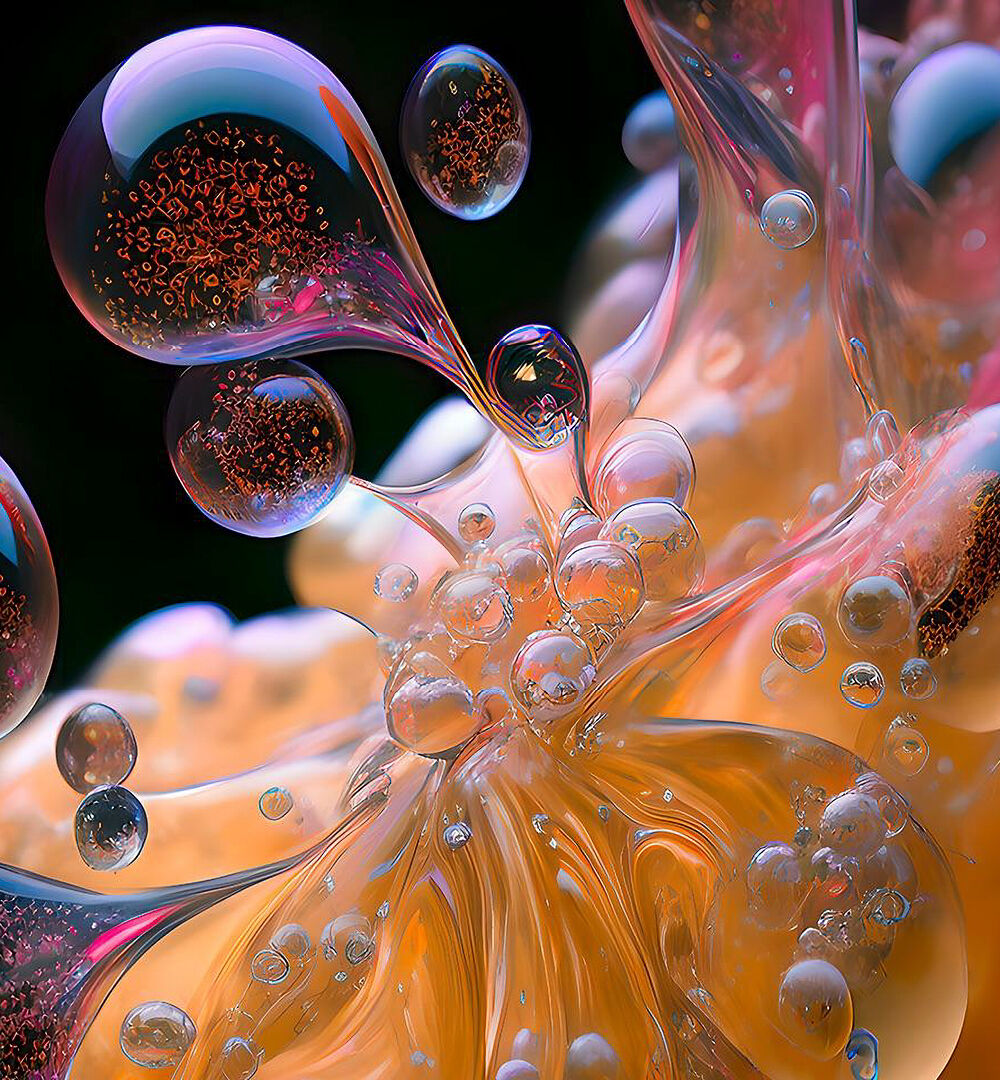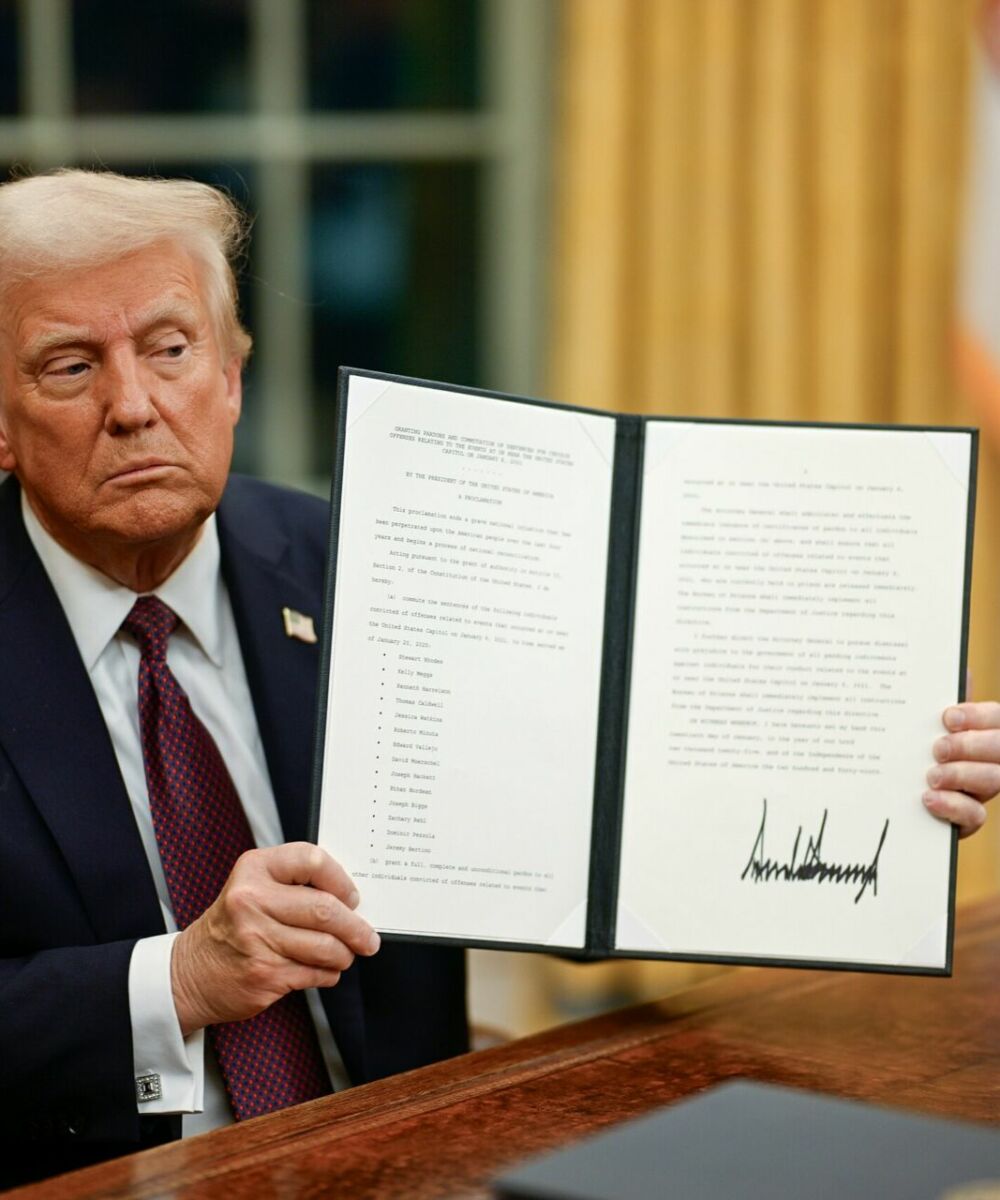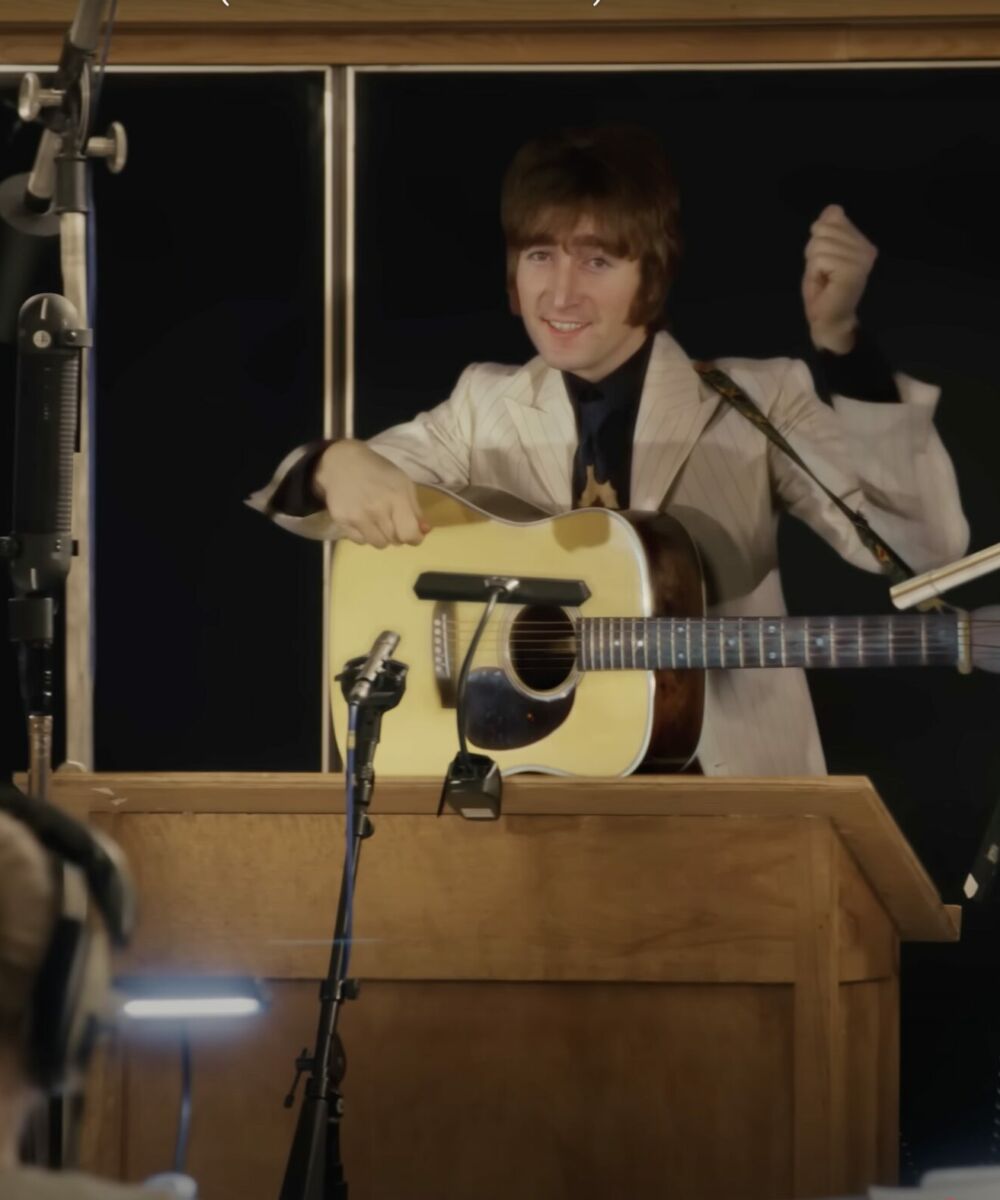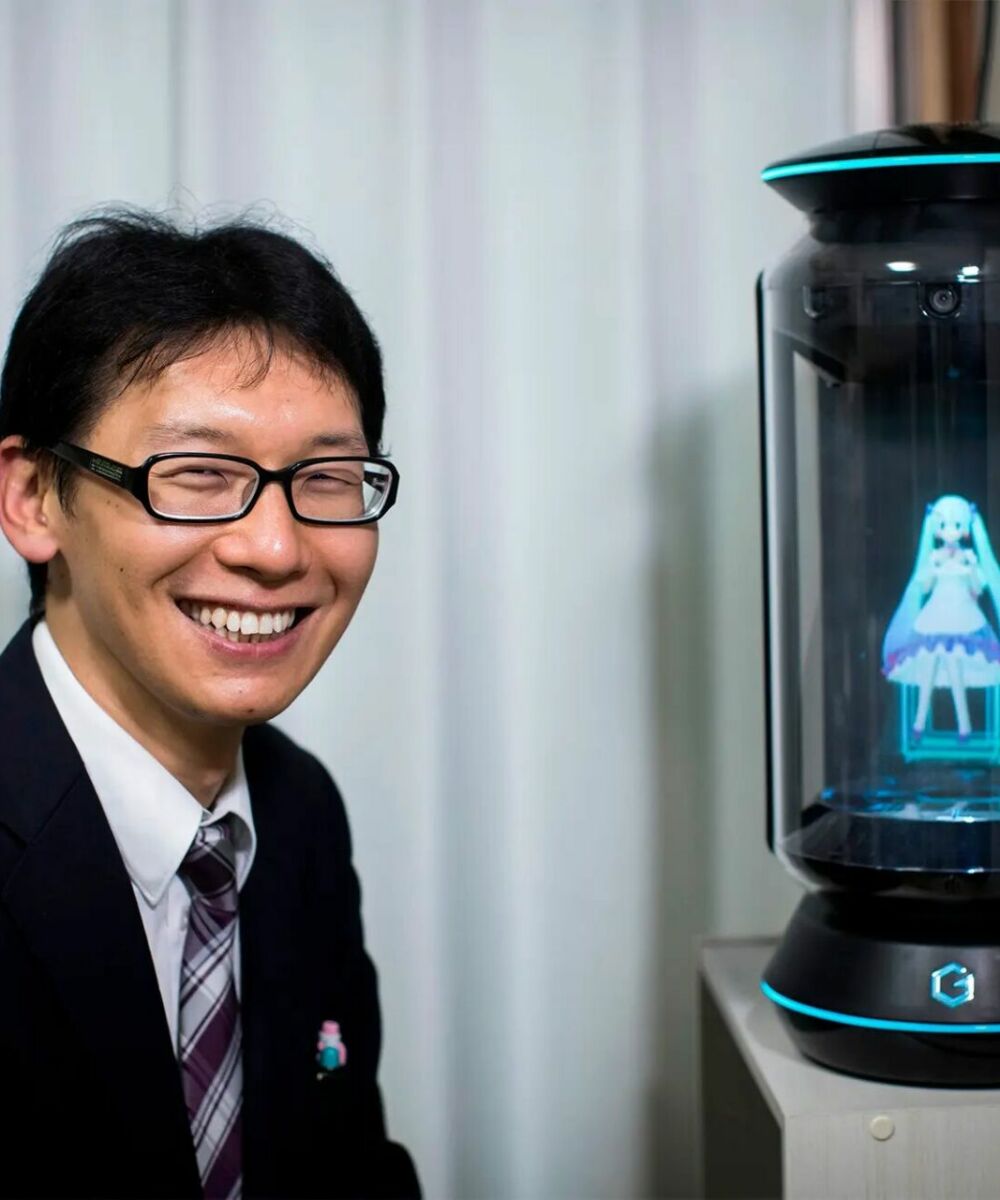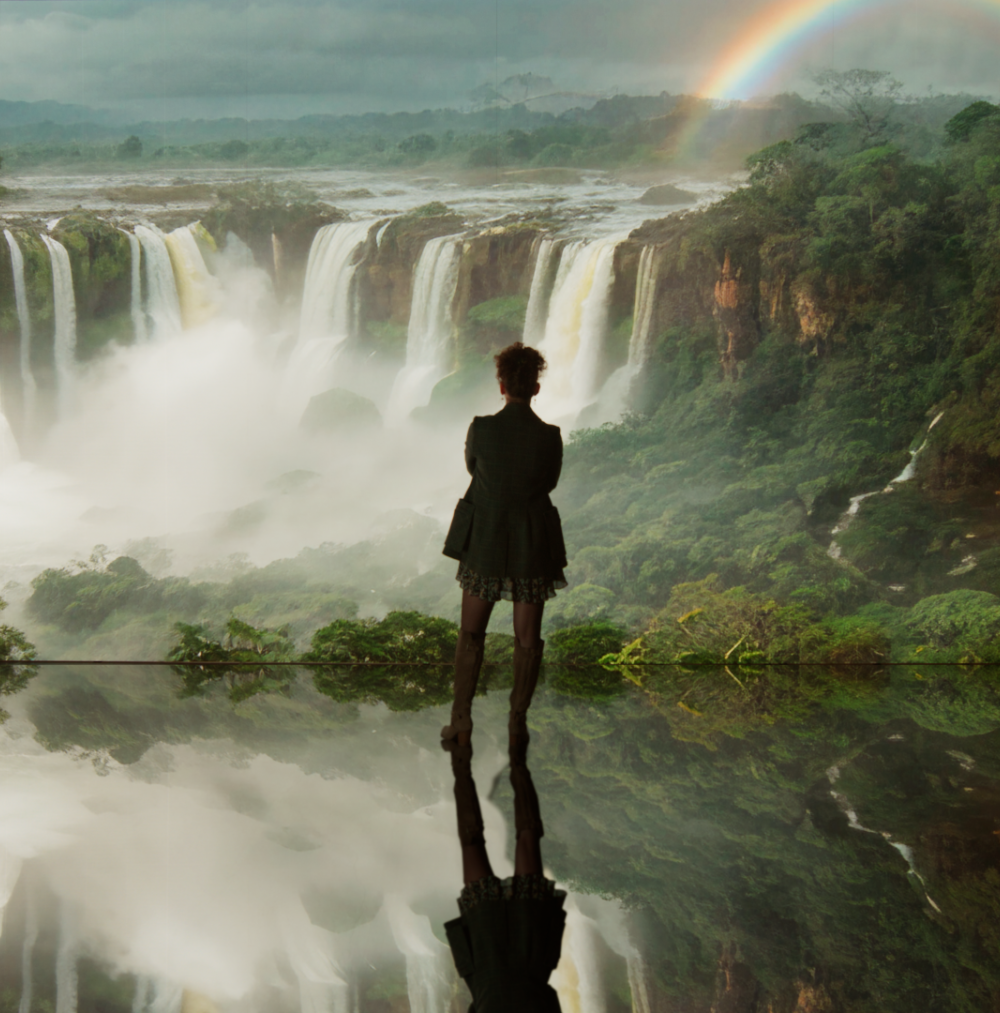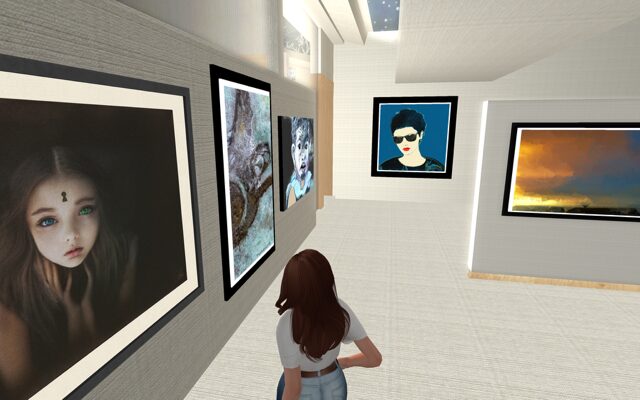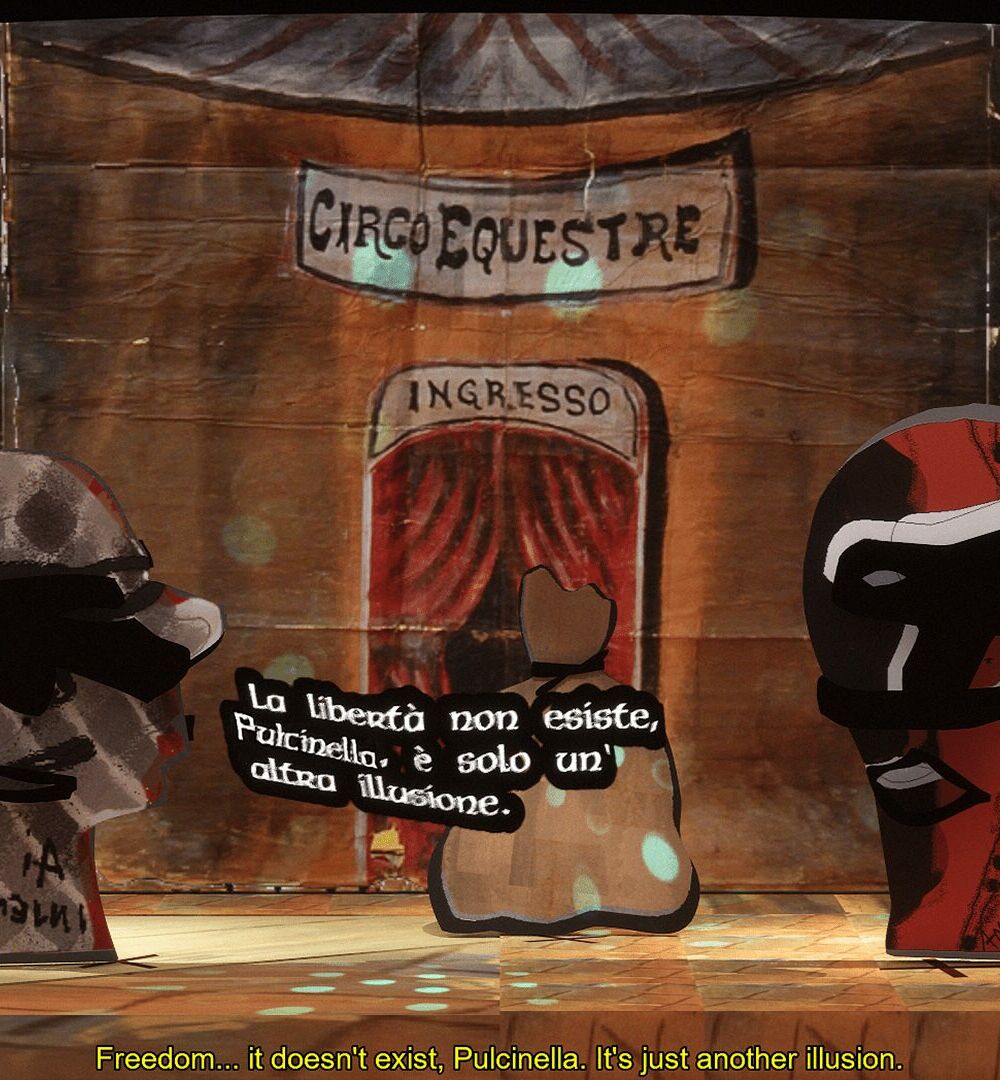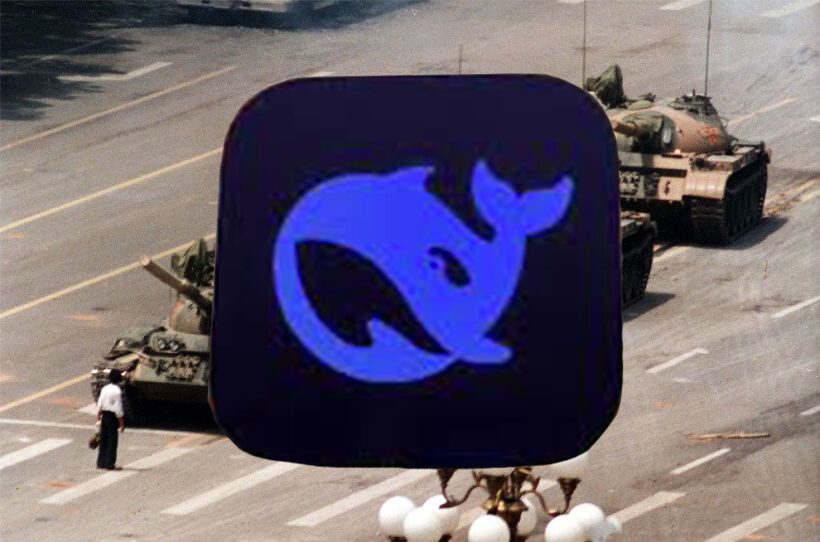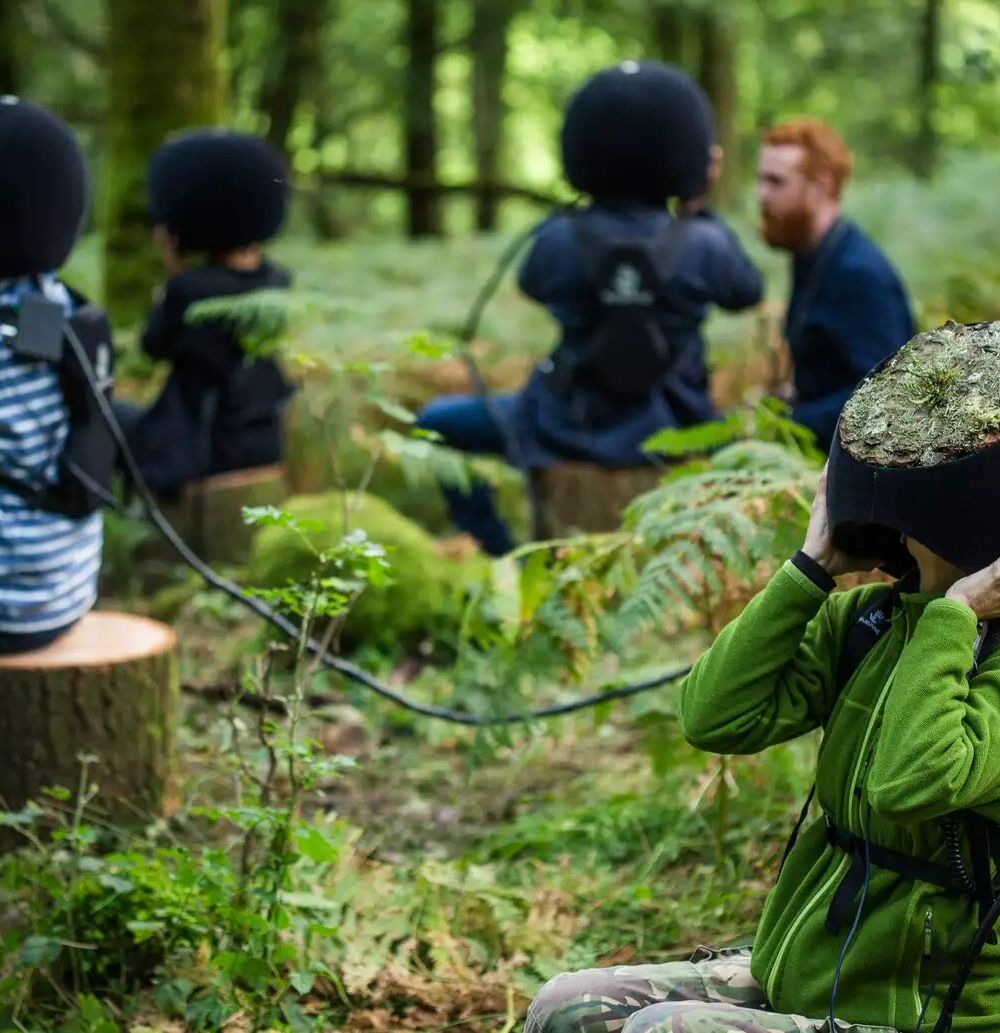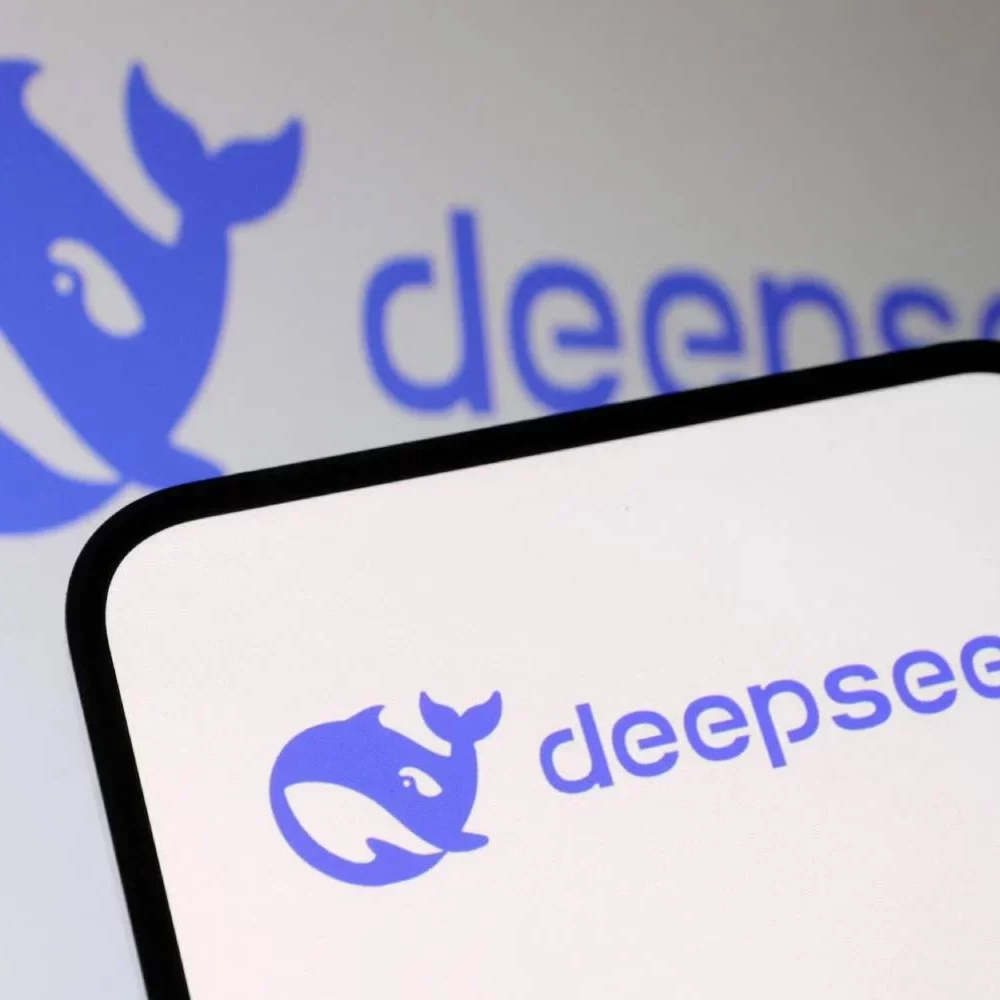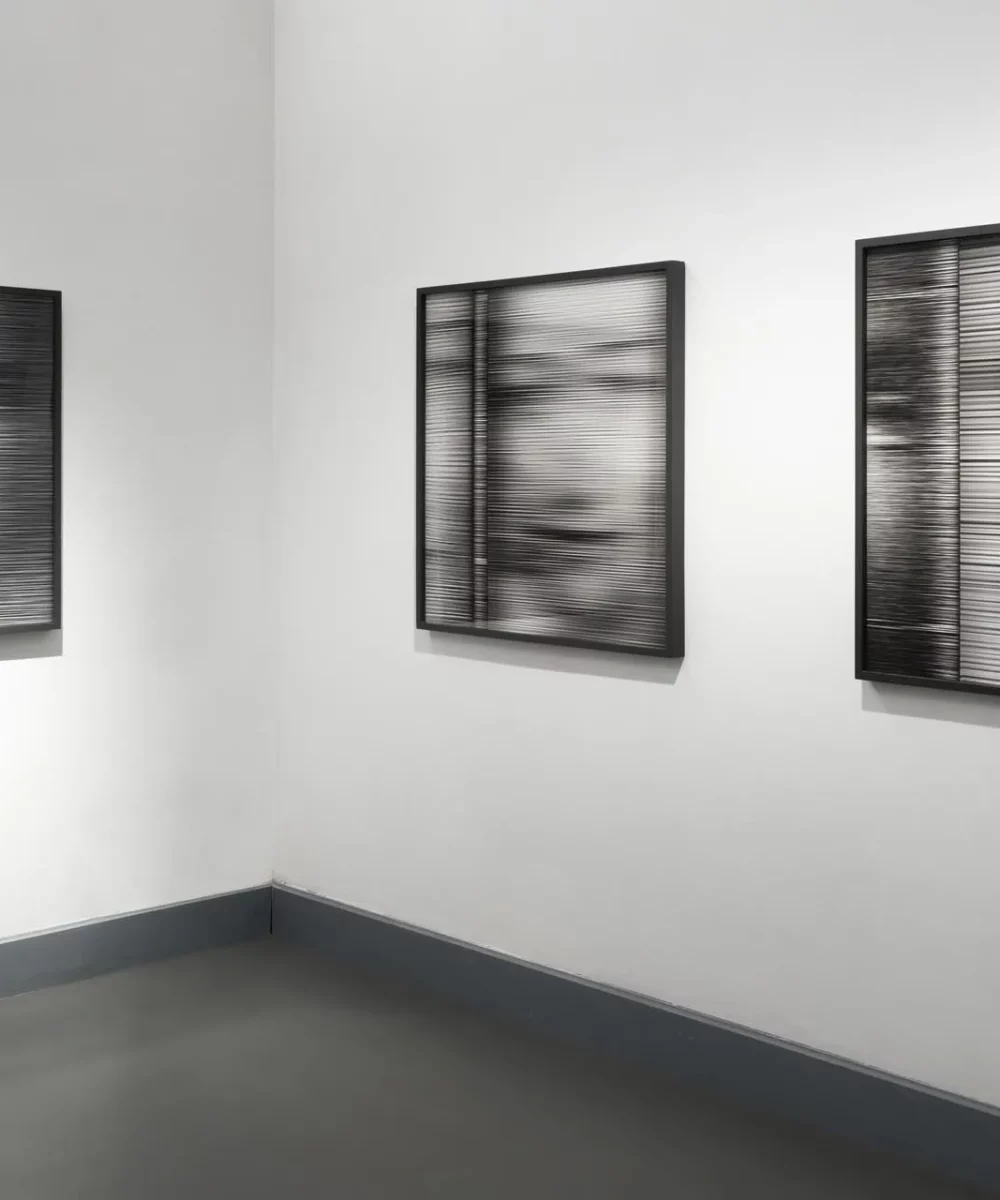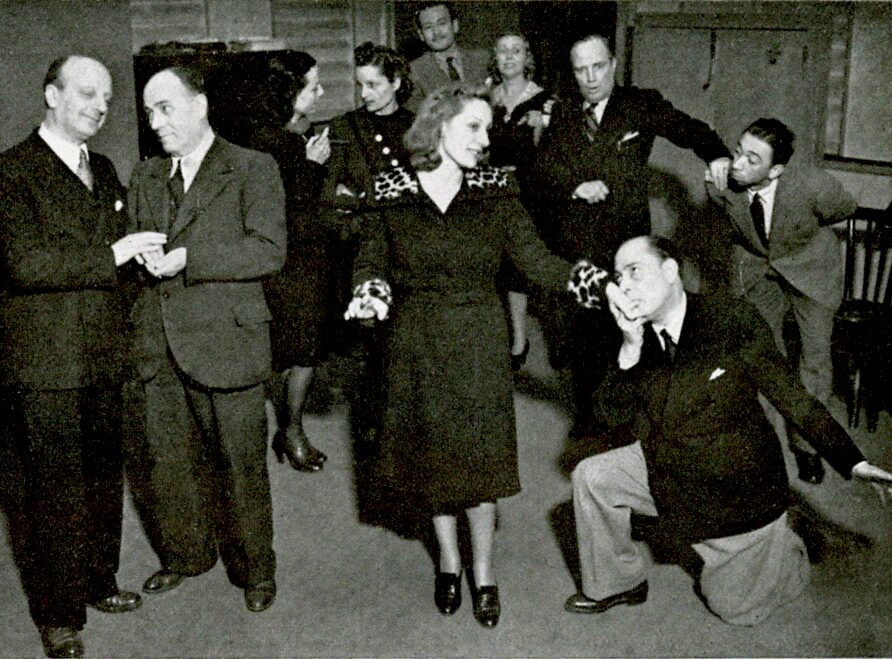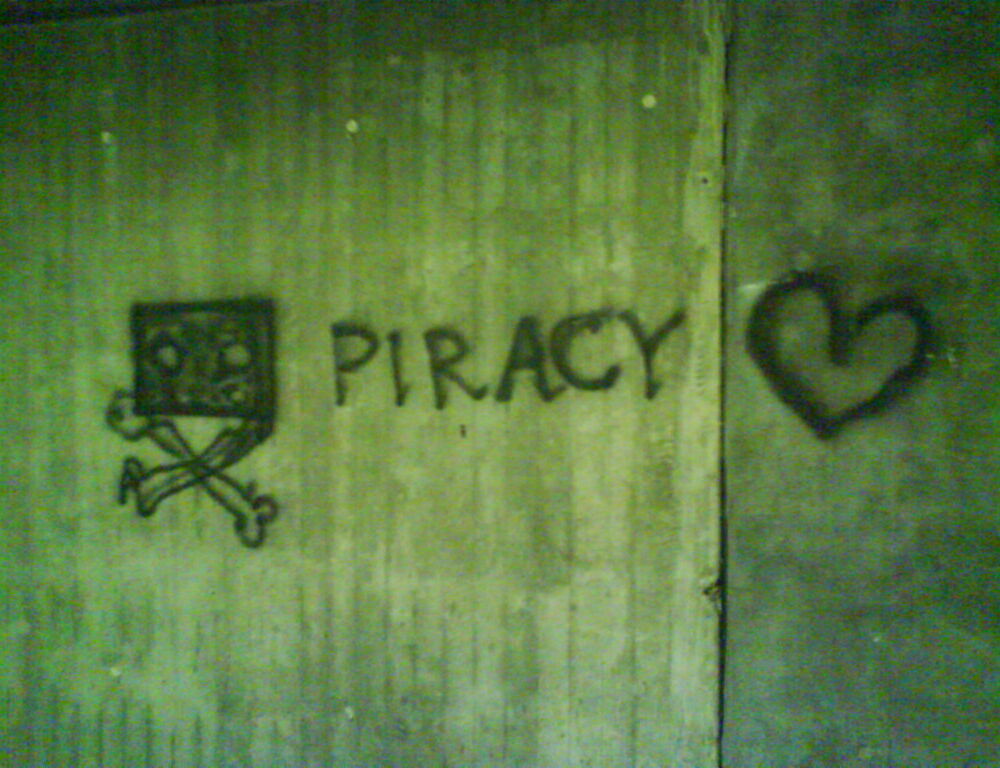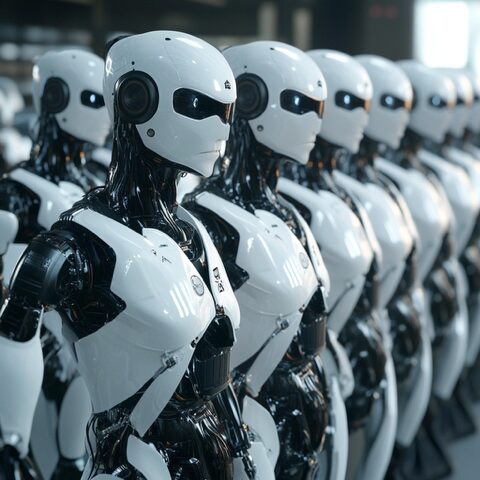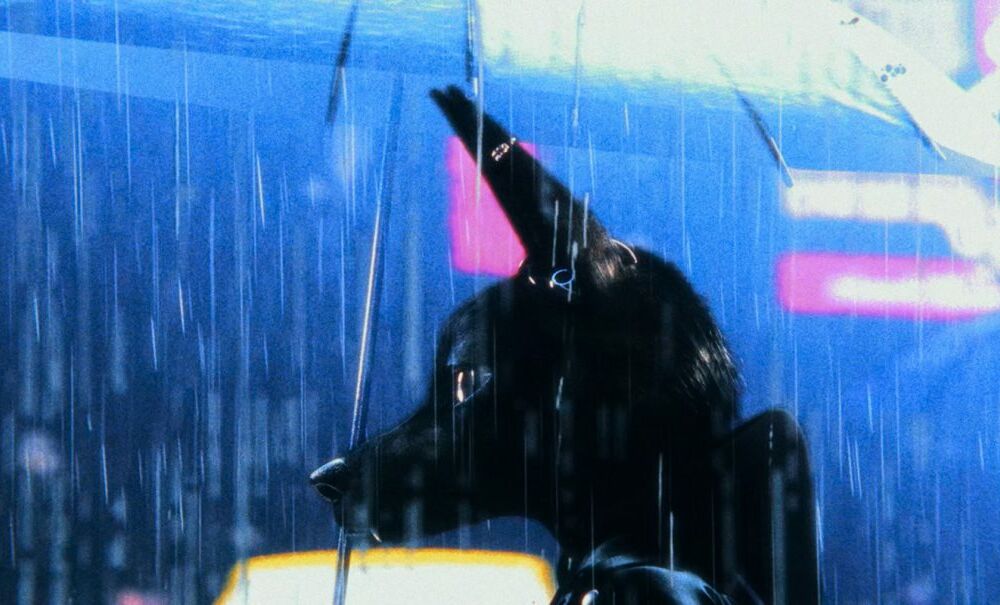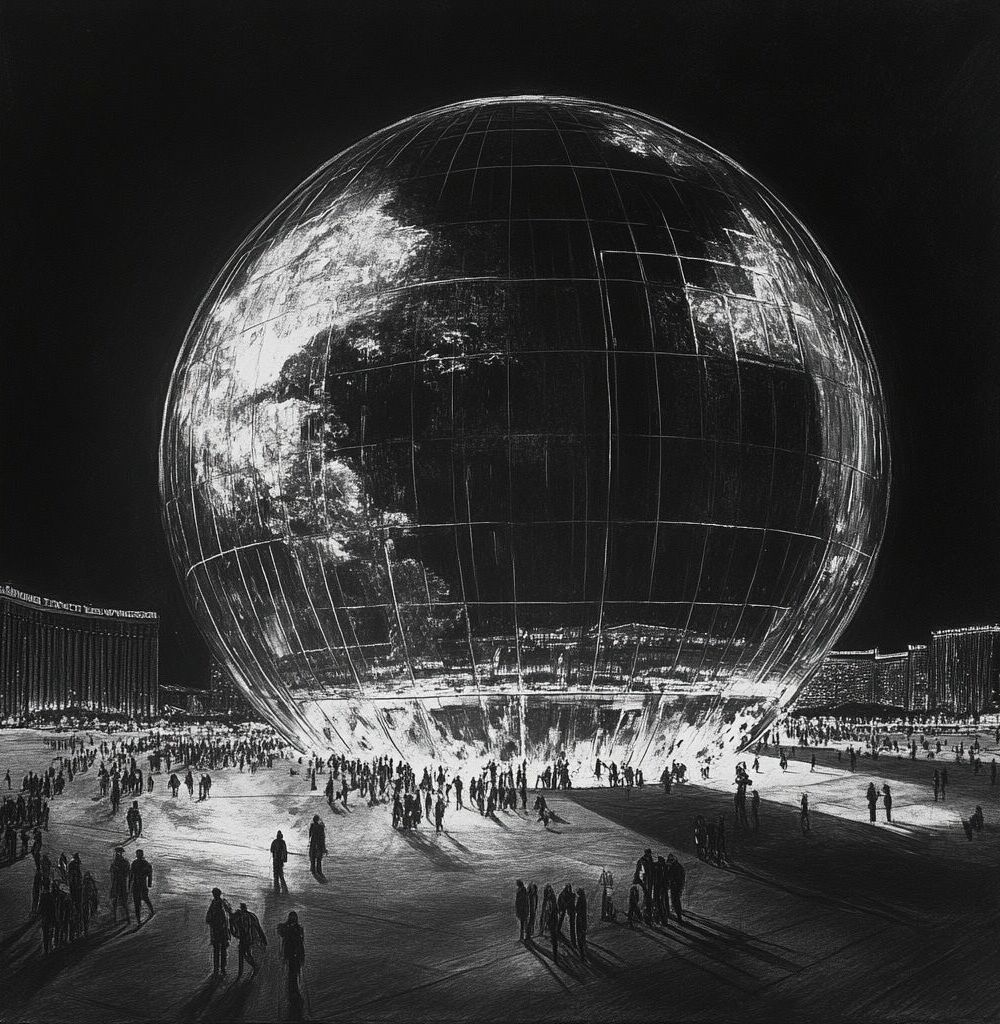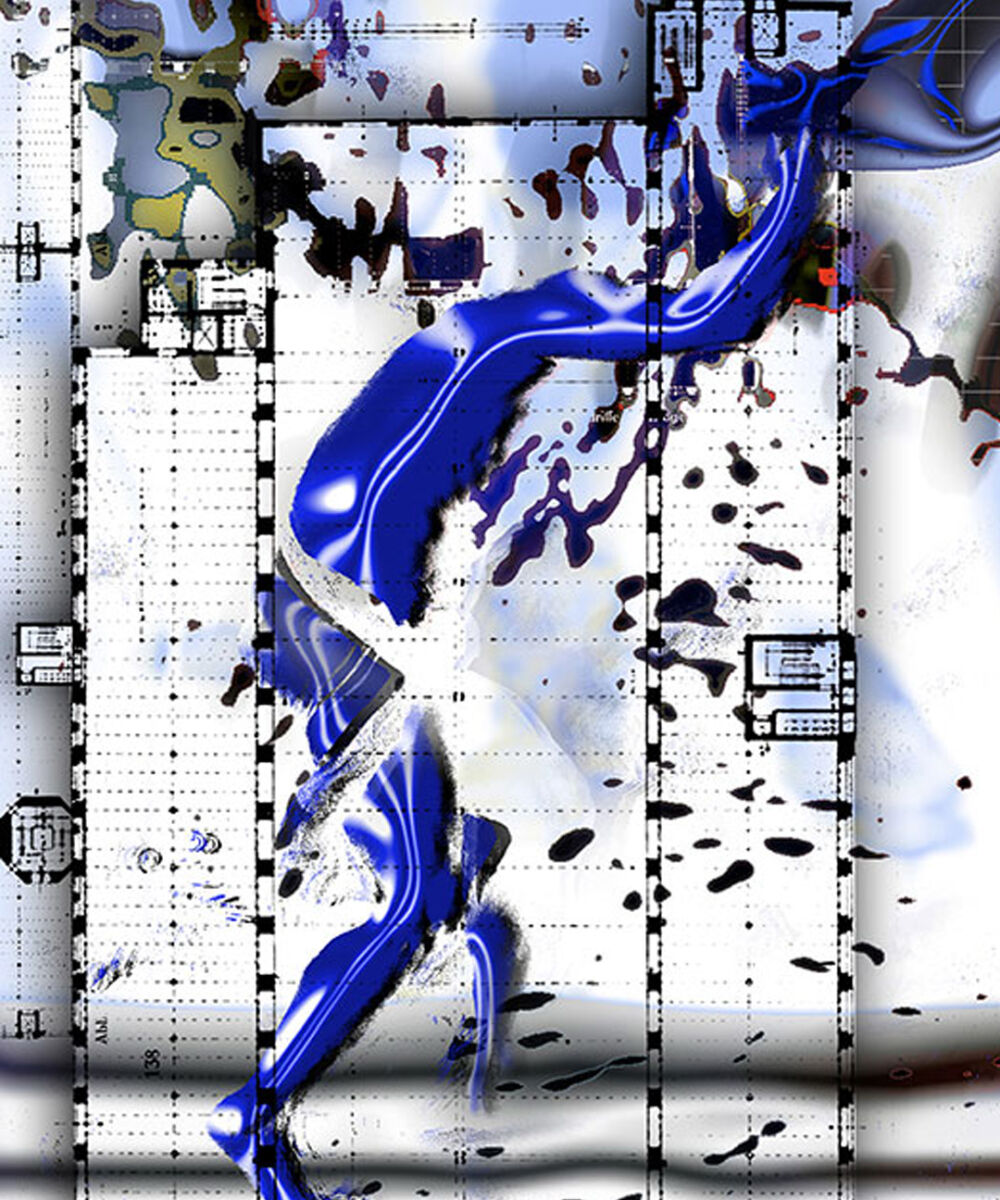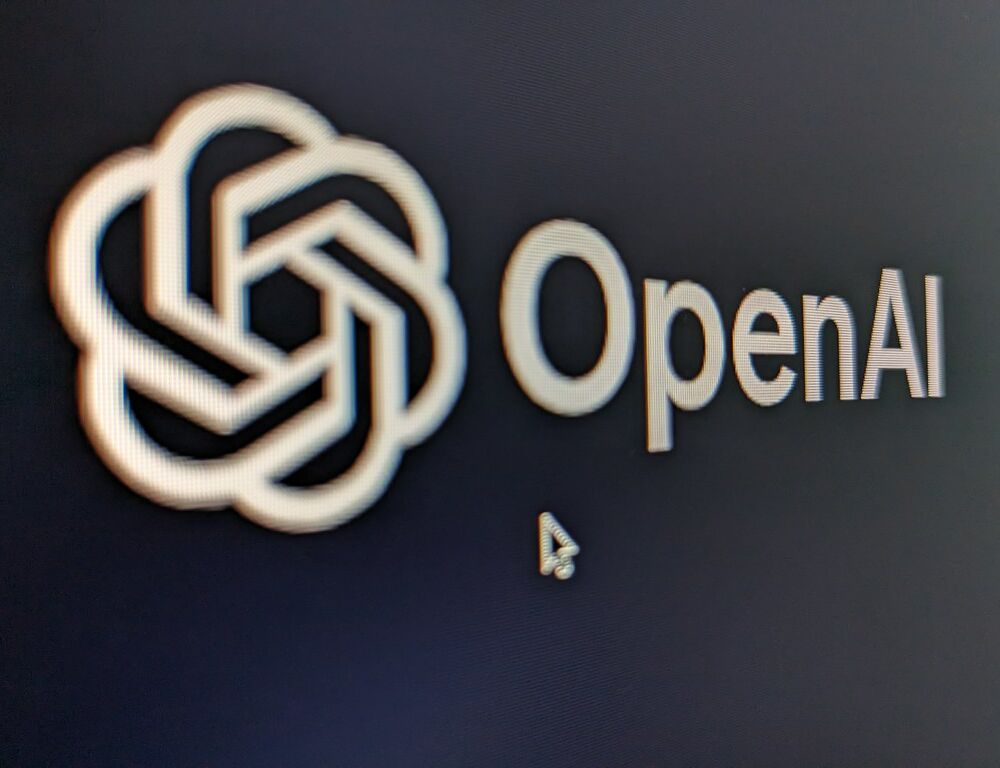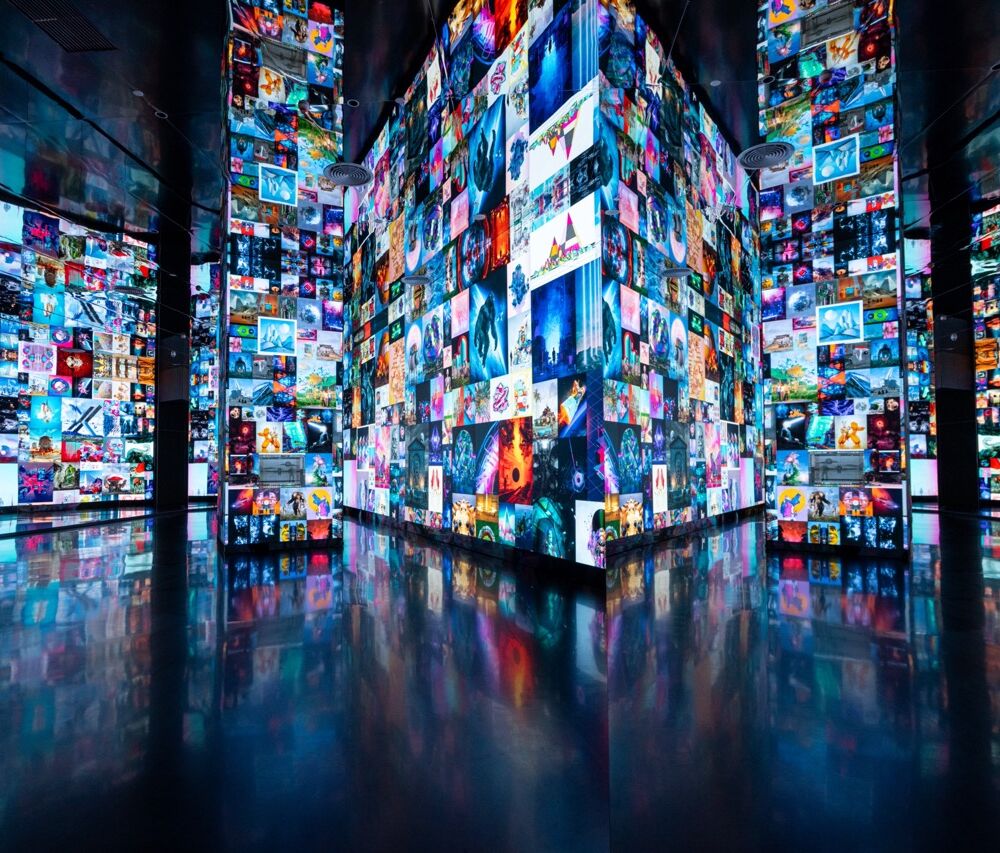There is a passage in the most recent book by Yuval Noah Harari, Nexus, which is particularly evocative. It is the part where the Israeli historian refers to the work by Goethe, The Sorcerer’s Apprentice. This ballad by the German author became famous thanks to the film adaptation by Walt Disney: it tells the story of a young apprentice who, when left alone in the workshop of an old Sorcerer, conjures up a spell to speed up the chores he was left to finish. However, the spell escapes his control and almost floods the whole workshop. Luckily the Sorcerer breaks the spell, and the situation returns to normal.
“For the apprentice, and for humanity, the lesson is clear”, writes Harari. “Never conjure up powers you cannot control”
The anecdote was used by the author of Nexus to introduce a wider reflection on the impact that AI will have on our species and on society. Since this refers to an extremely powerful and sophisticated instrument, just like the spell in Goethe’s ballad, the danger evoked by Harari is its uncontrollability and the potentially disastrous effects it could cause. Till now, public opinion on AI has been split in two. On one hand are the investors, like the American Marc Andreessen, who believe that AI will solve all our problems, while on the other, there are those like Yousha Bengio and Sam Altman, who sustain that AI could destroy our civilisation.
The truth probably lies somewhere in the middle. In fact, AI and new technologies bring with them undeniable advantages and can simplify our daily lives. However, at the same time, they can represent a danger for democracy, the survival of the work market and the safety of the general public. The only way we can avoid letting ourselves be overwhelmed by panic is to keep in mind the overall picture which includes both the risks and opportunities present in these instruments, without the need to conjure up spells and sorcerers. At least for now.
Alessandro Mancini
Graduated in Publishing and Writing at La Sapienza University in Rome, he is a freelance journalist, content creator and social media manager. Between 2018 and 2020, he was editorial director of the online magazine he founded in 2016, Artwave.it, specialising in contemporary art and culture. He writes and speaks mainly about contemporary art, labour, inequality and social rights.


